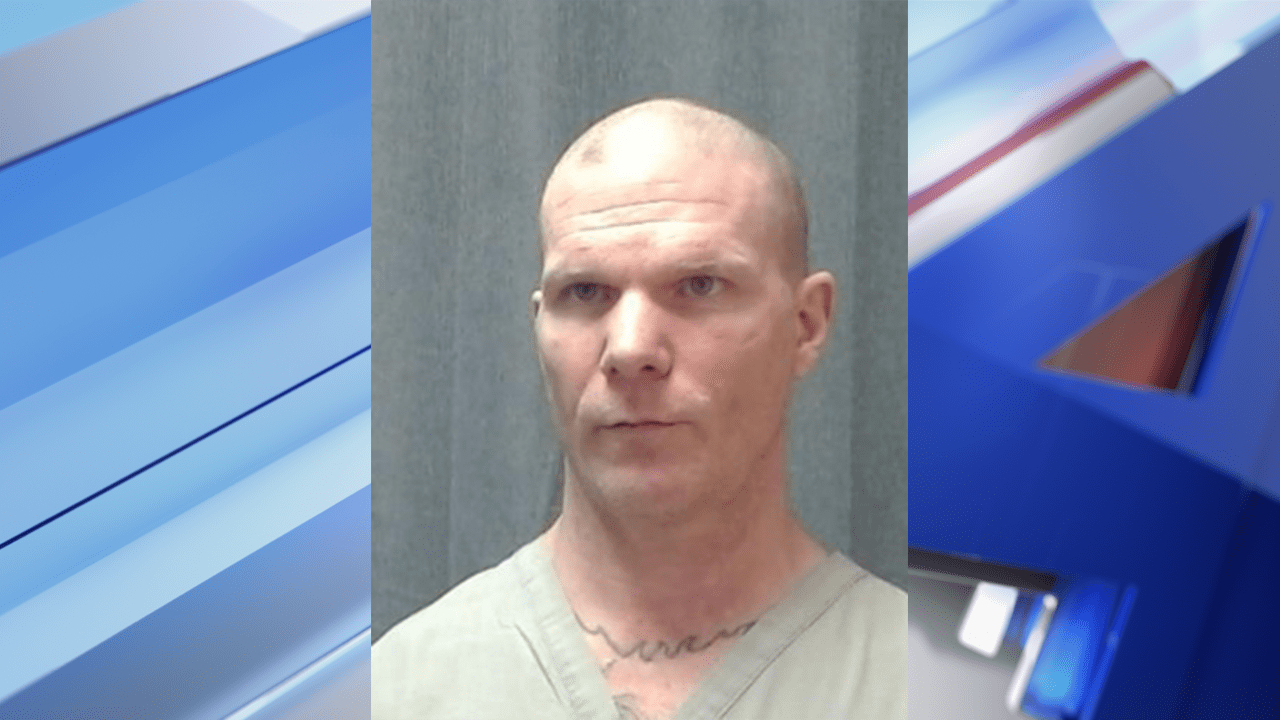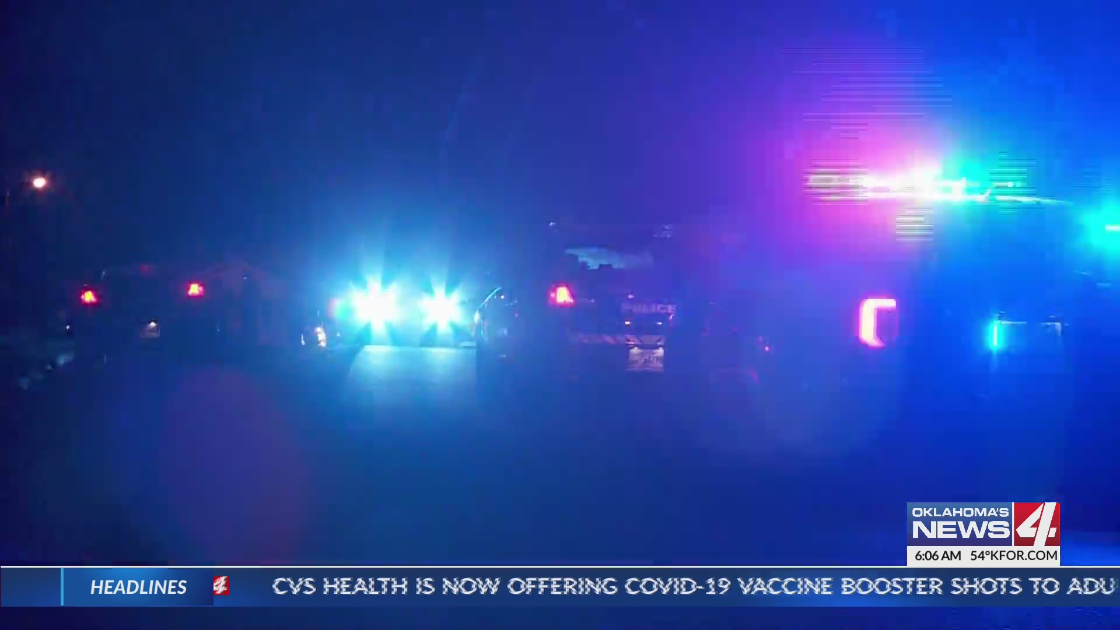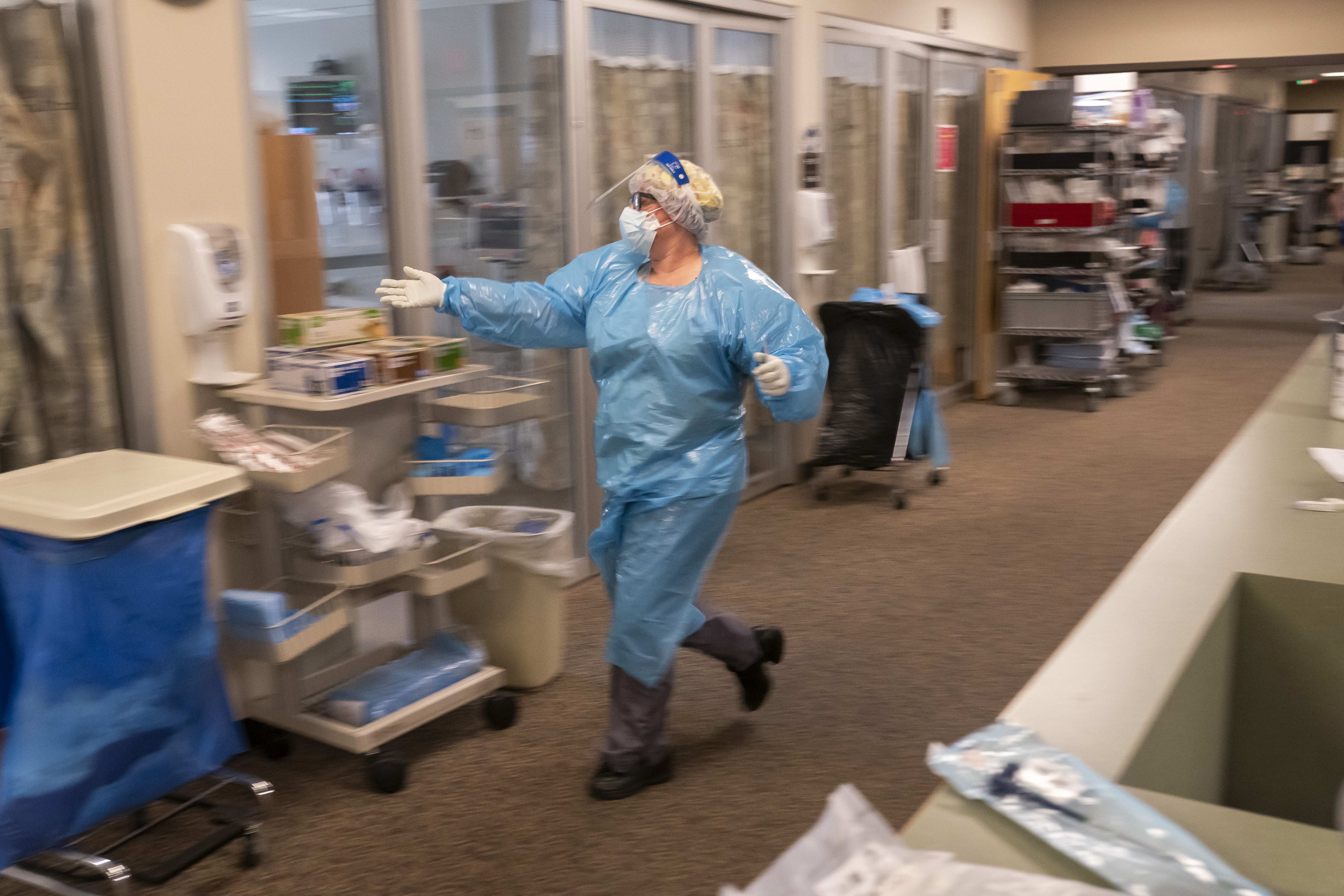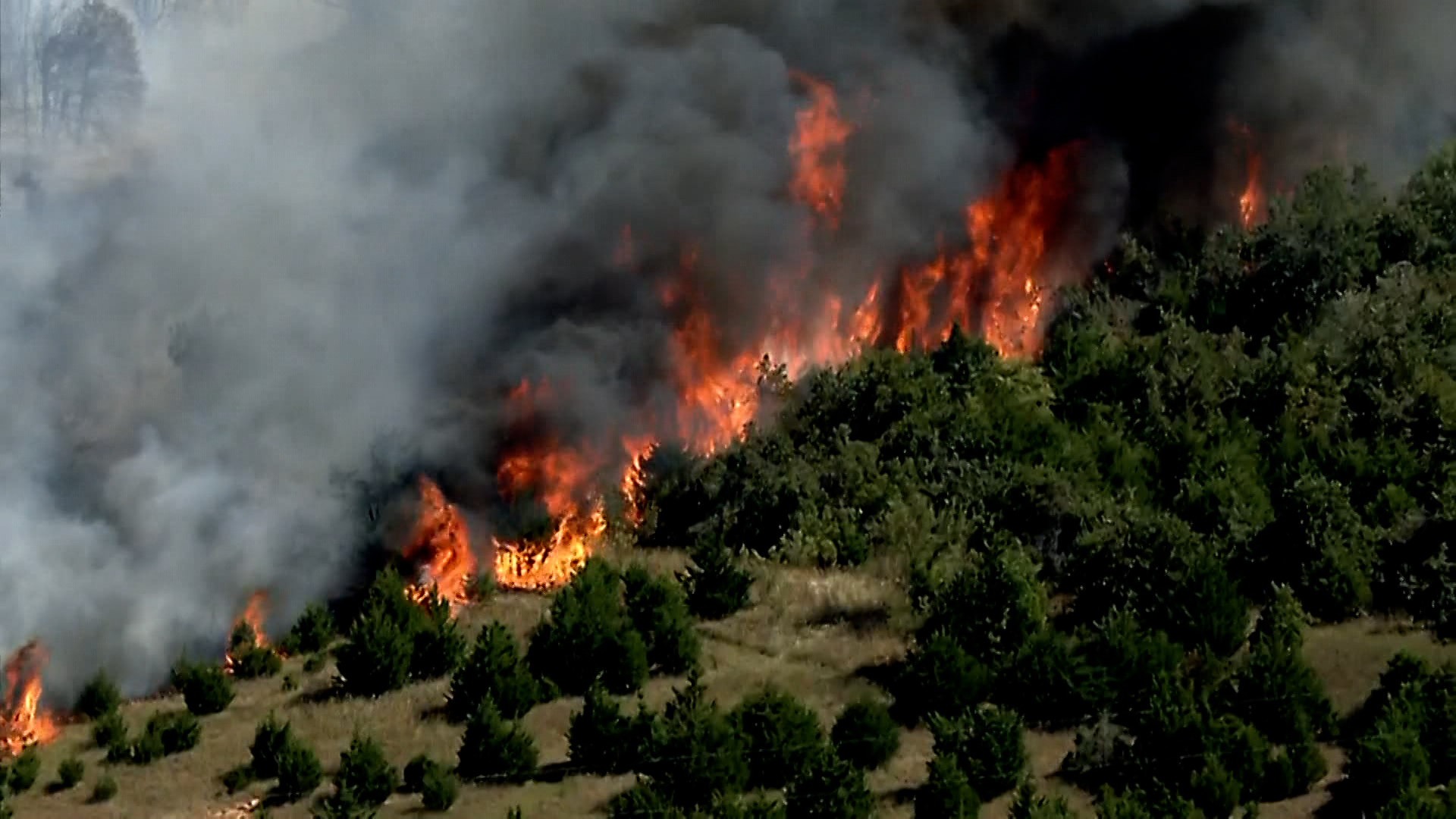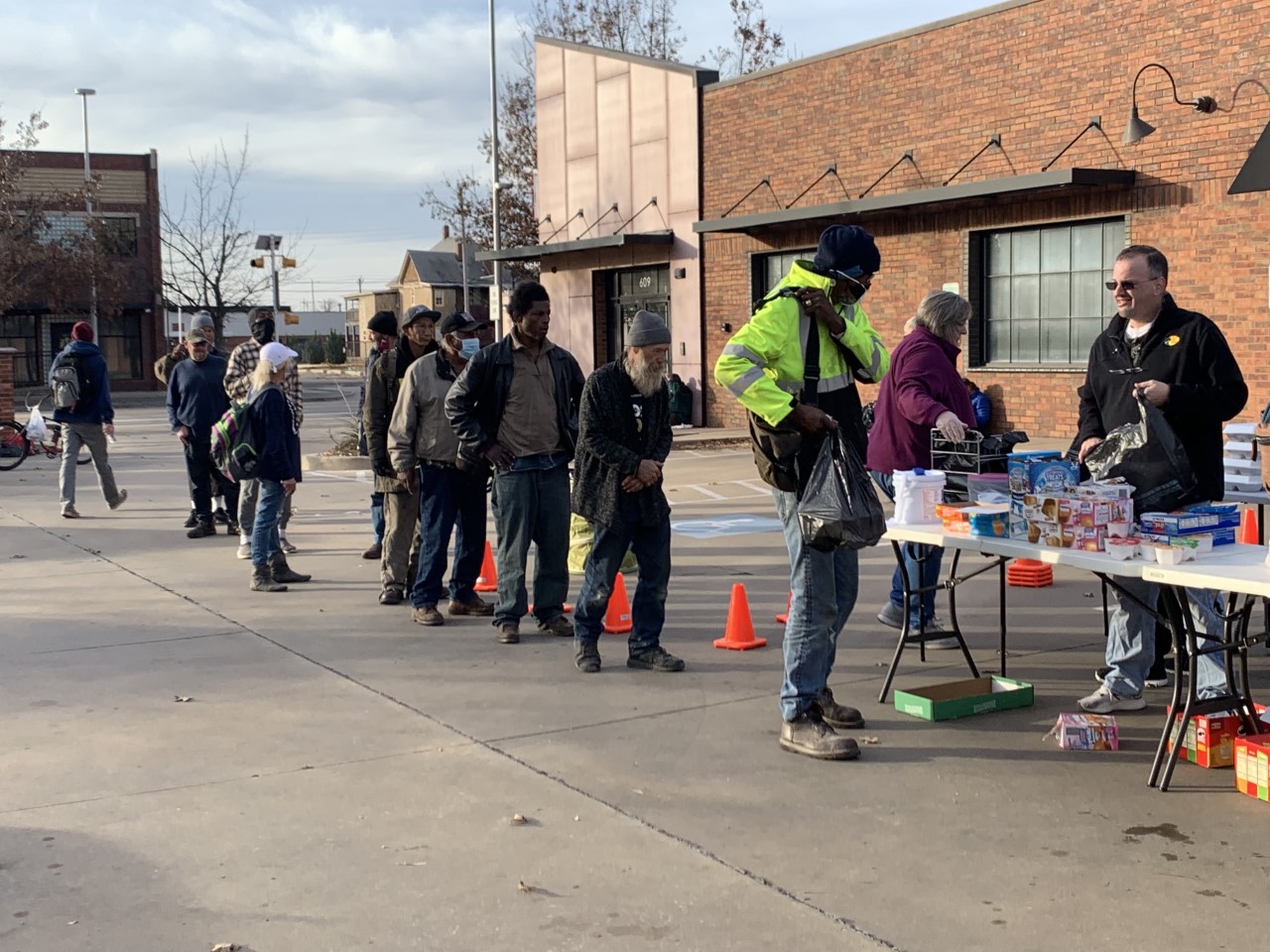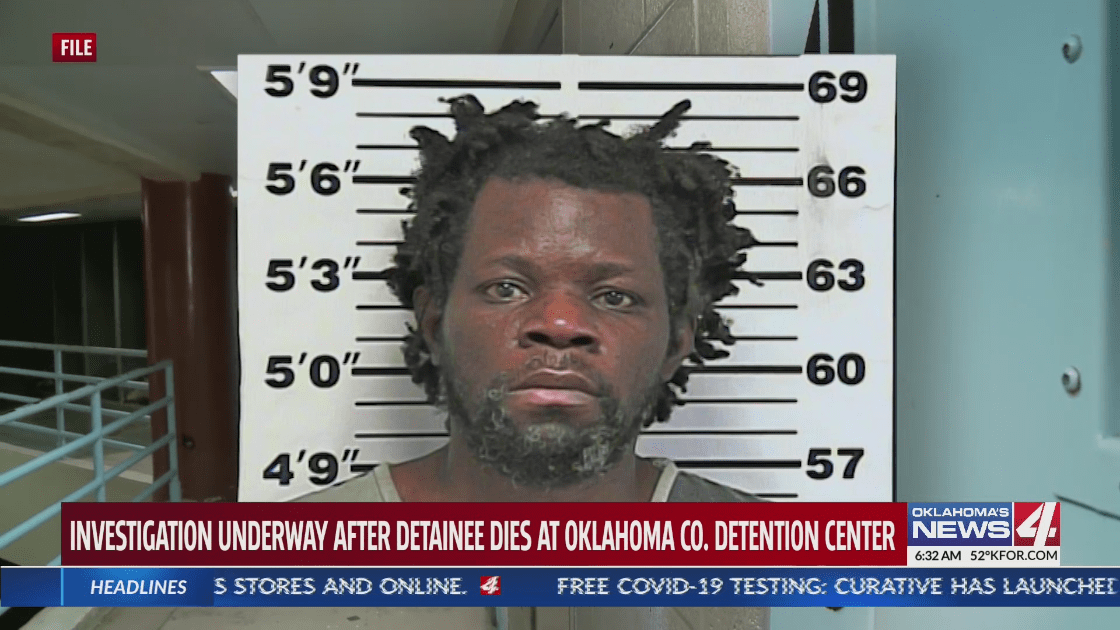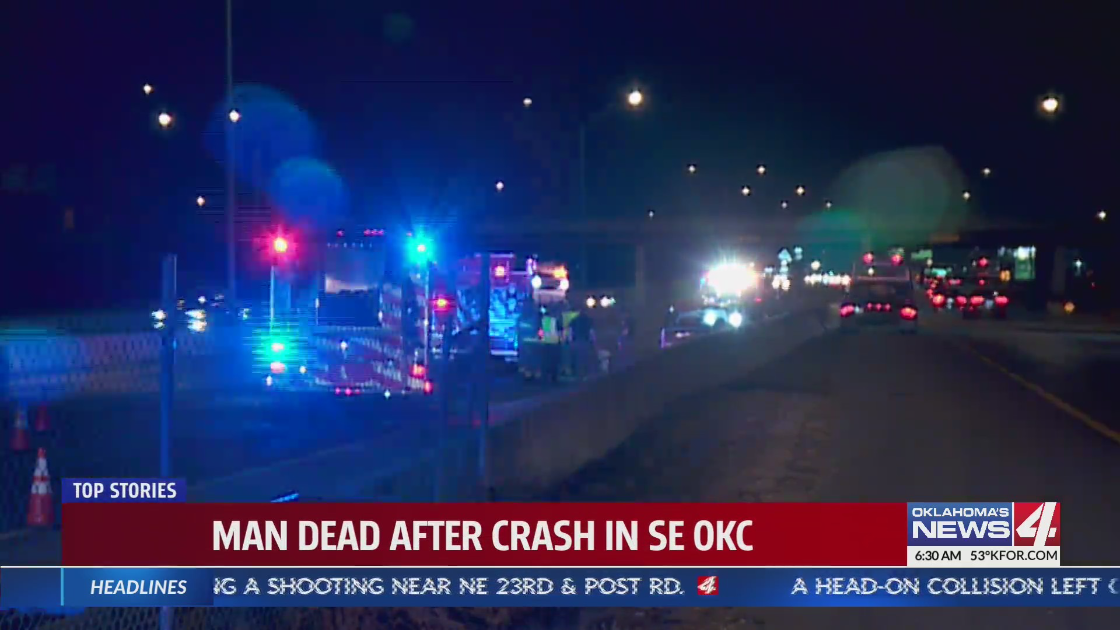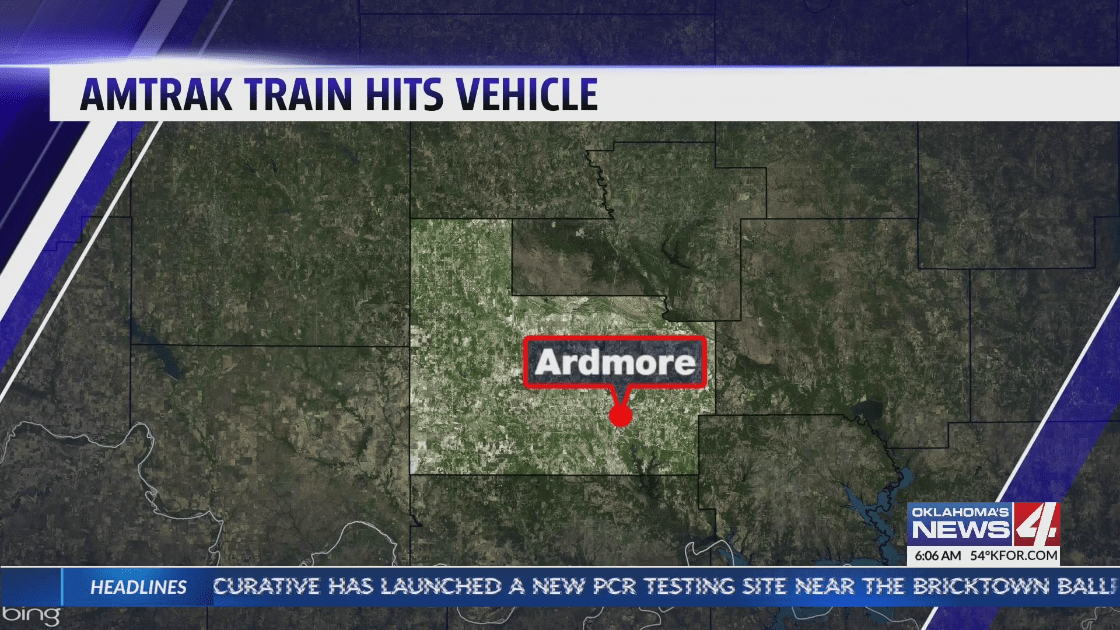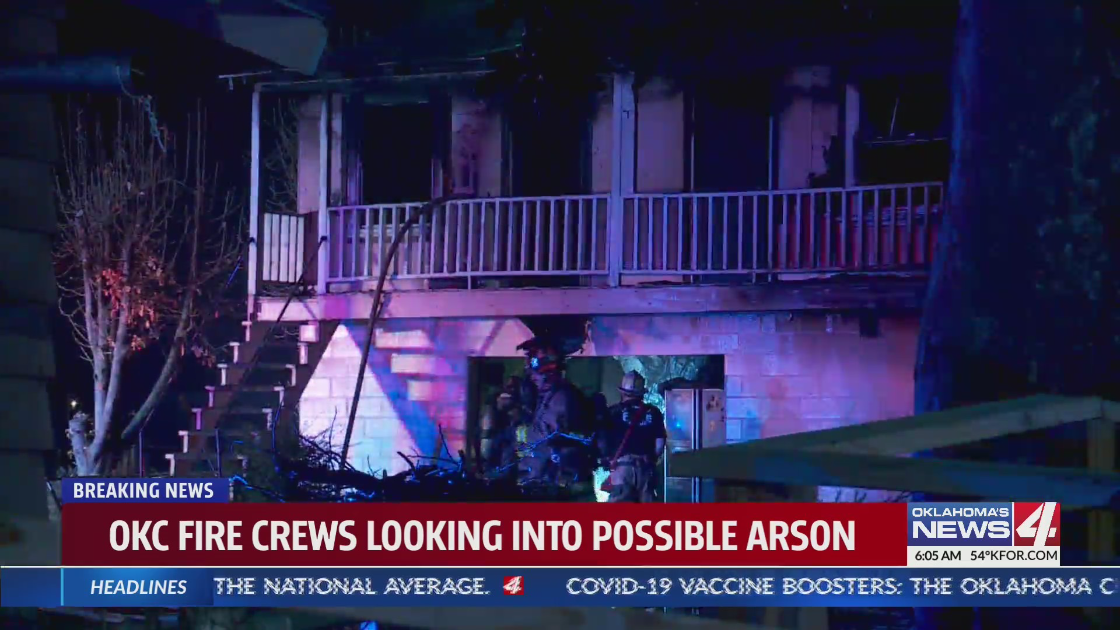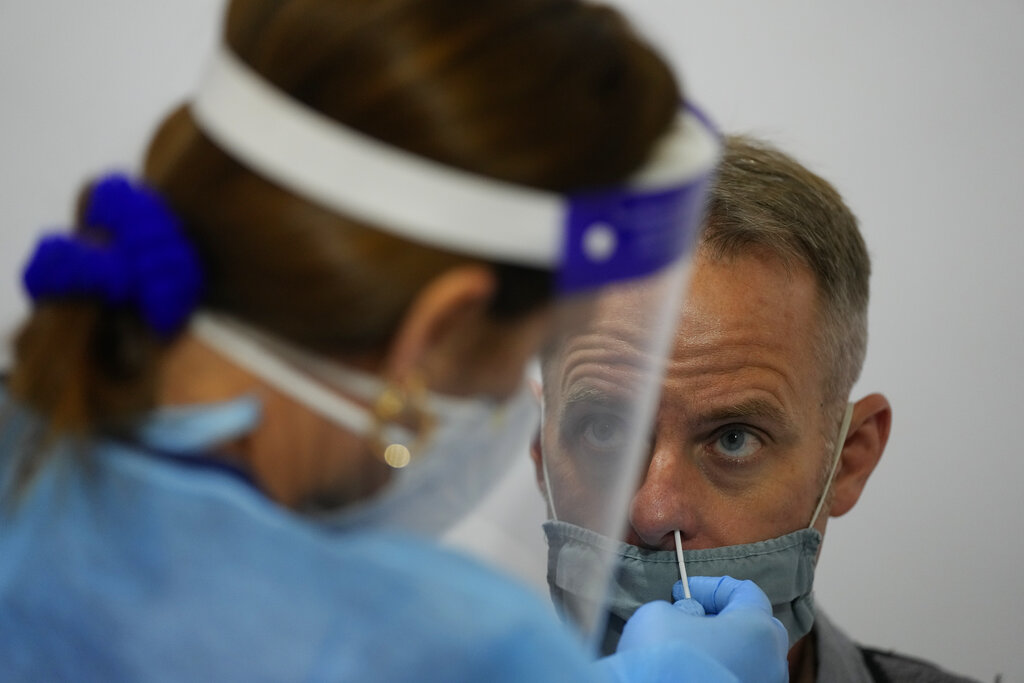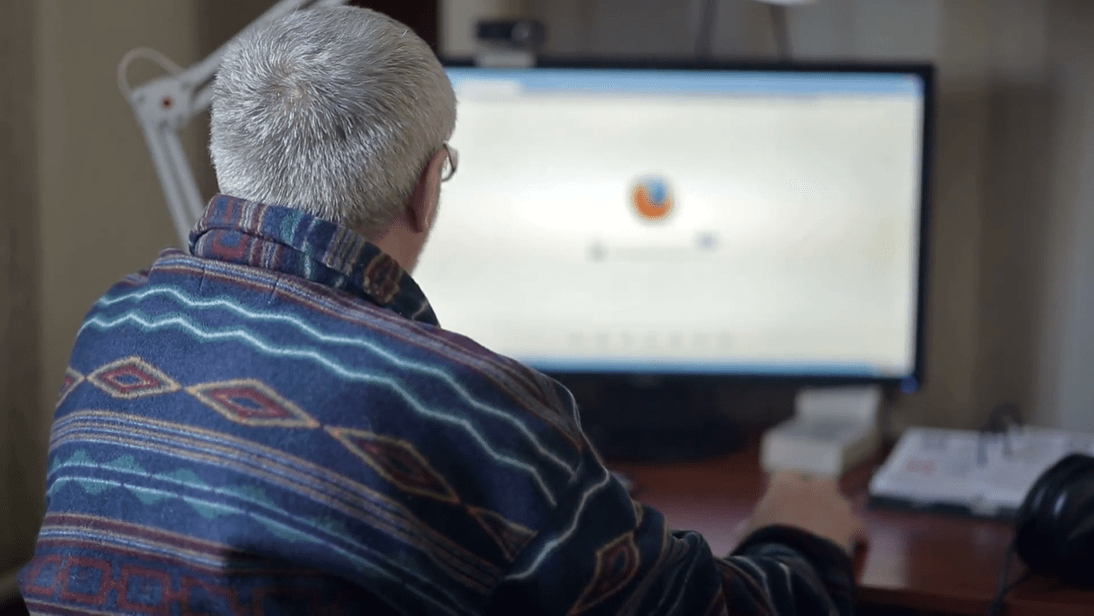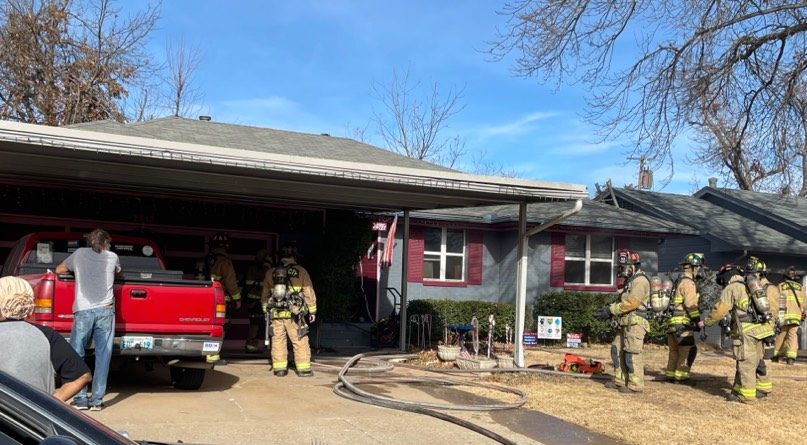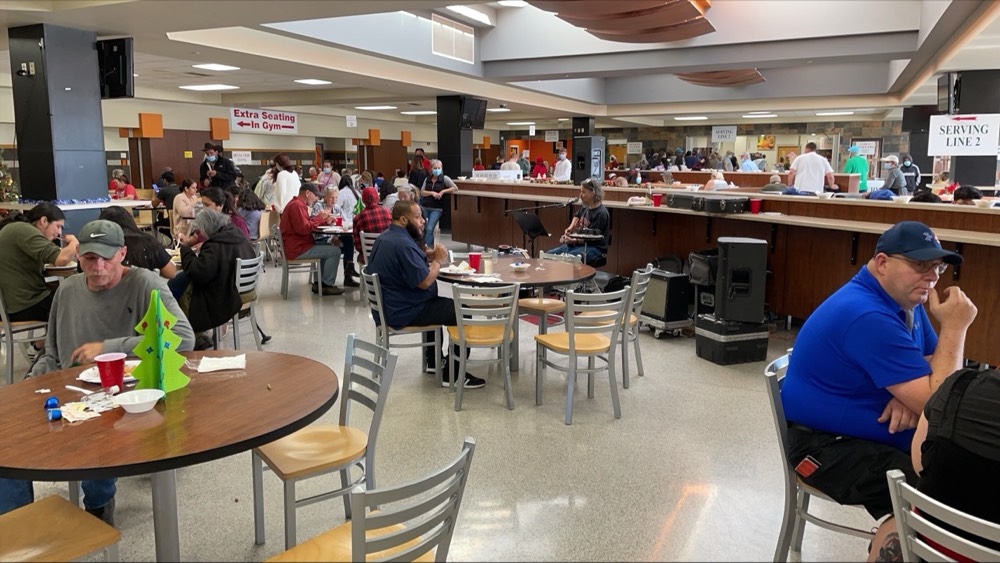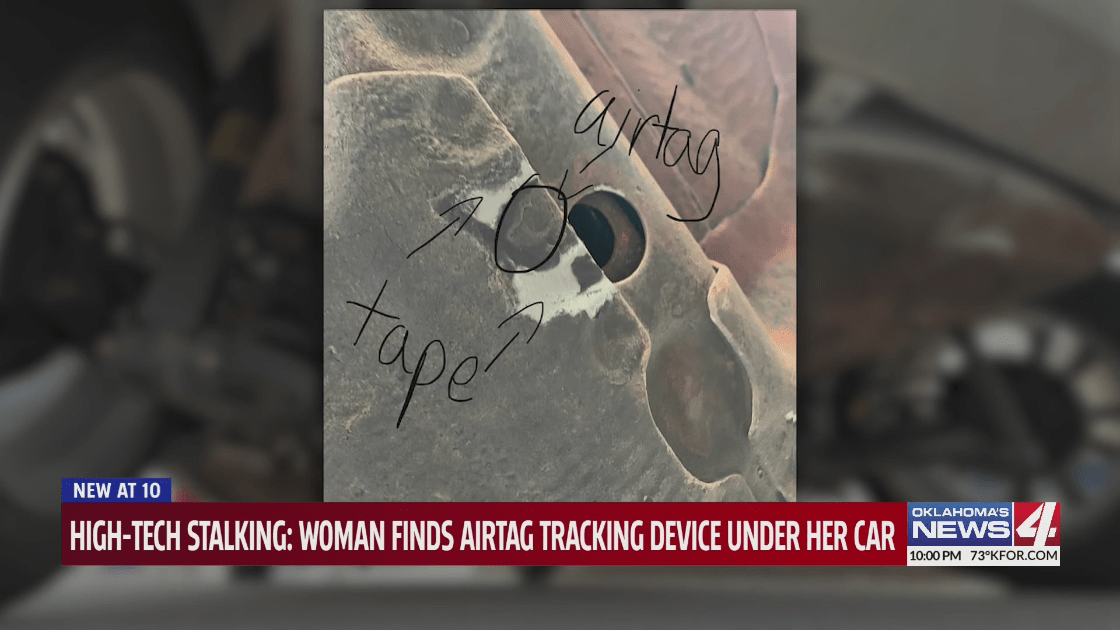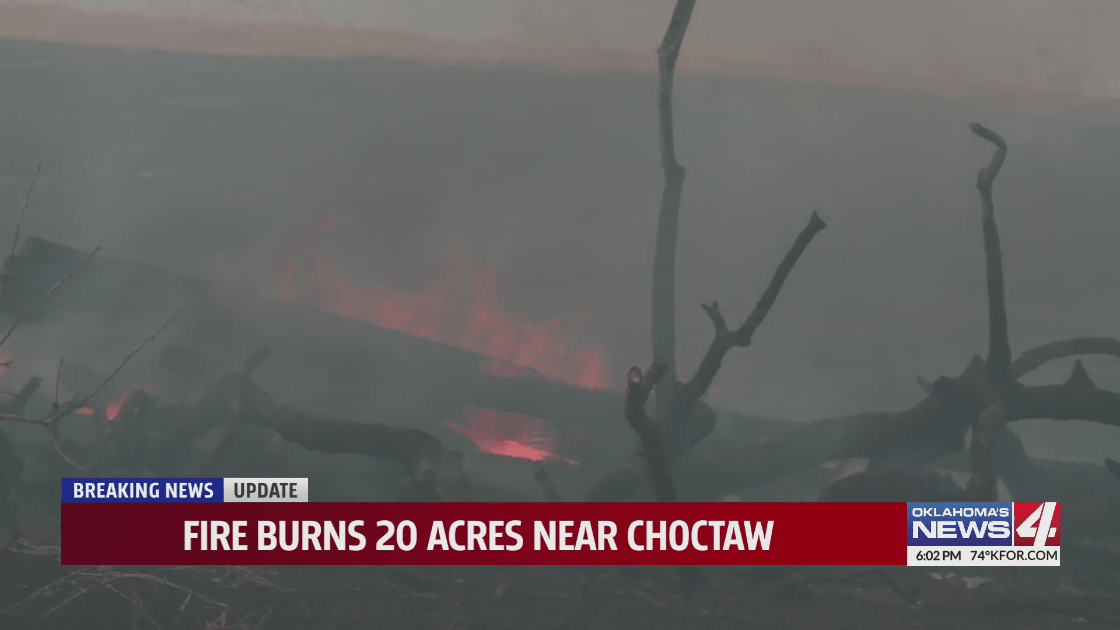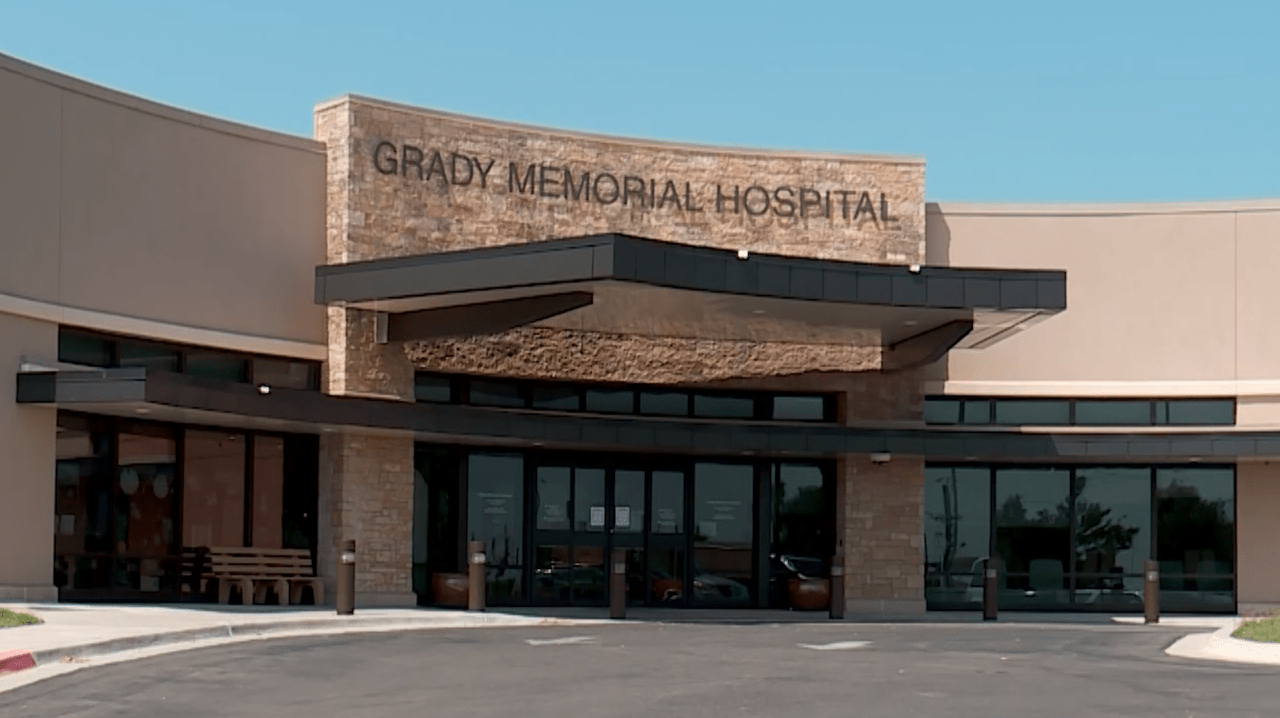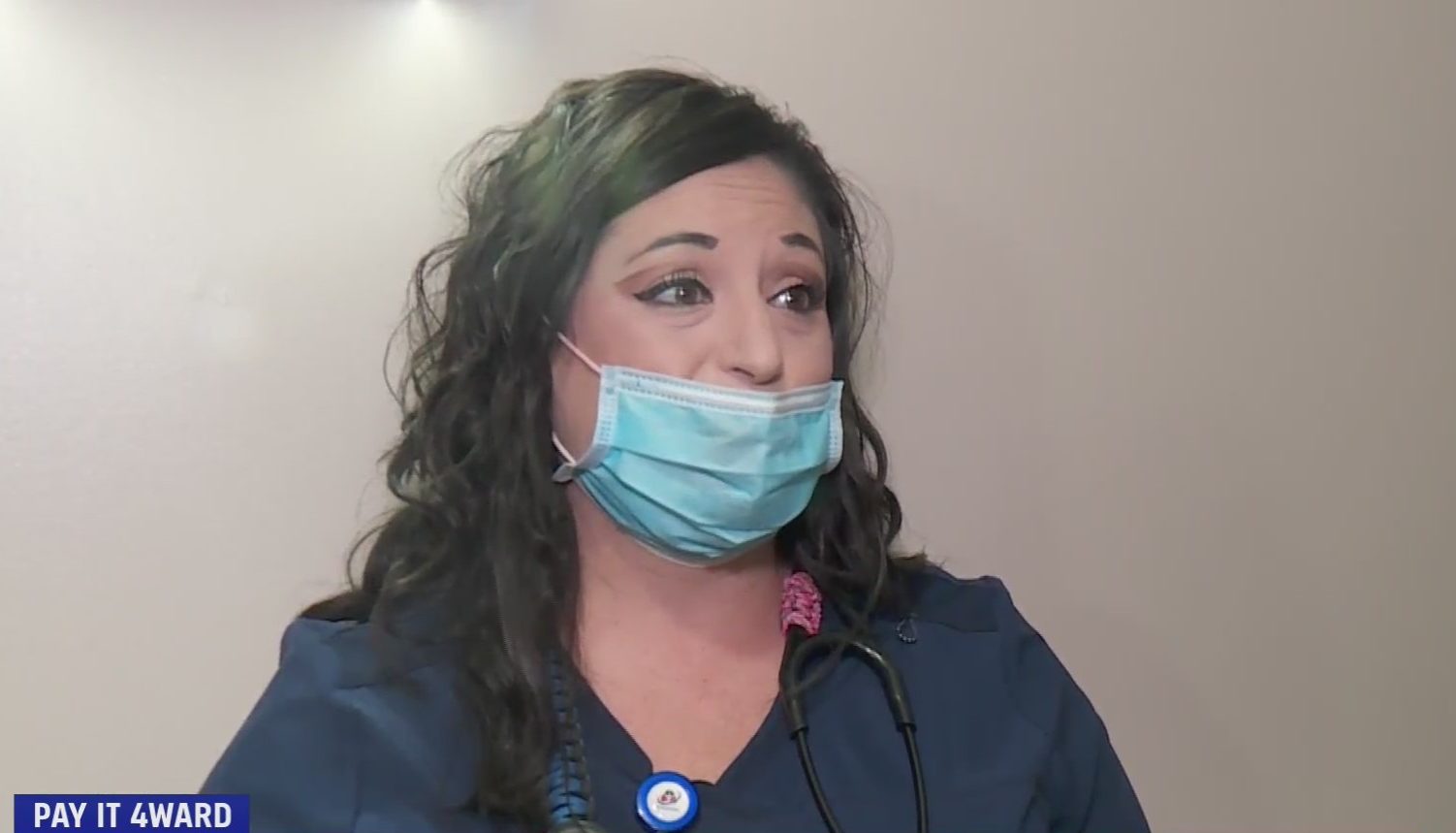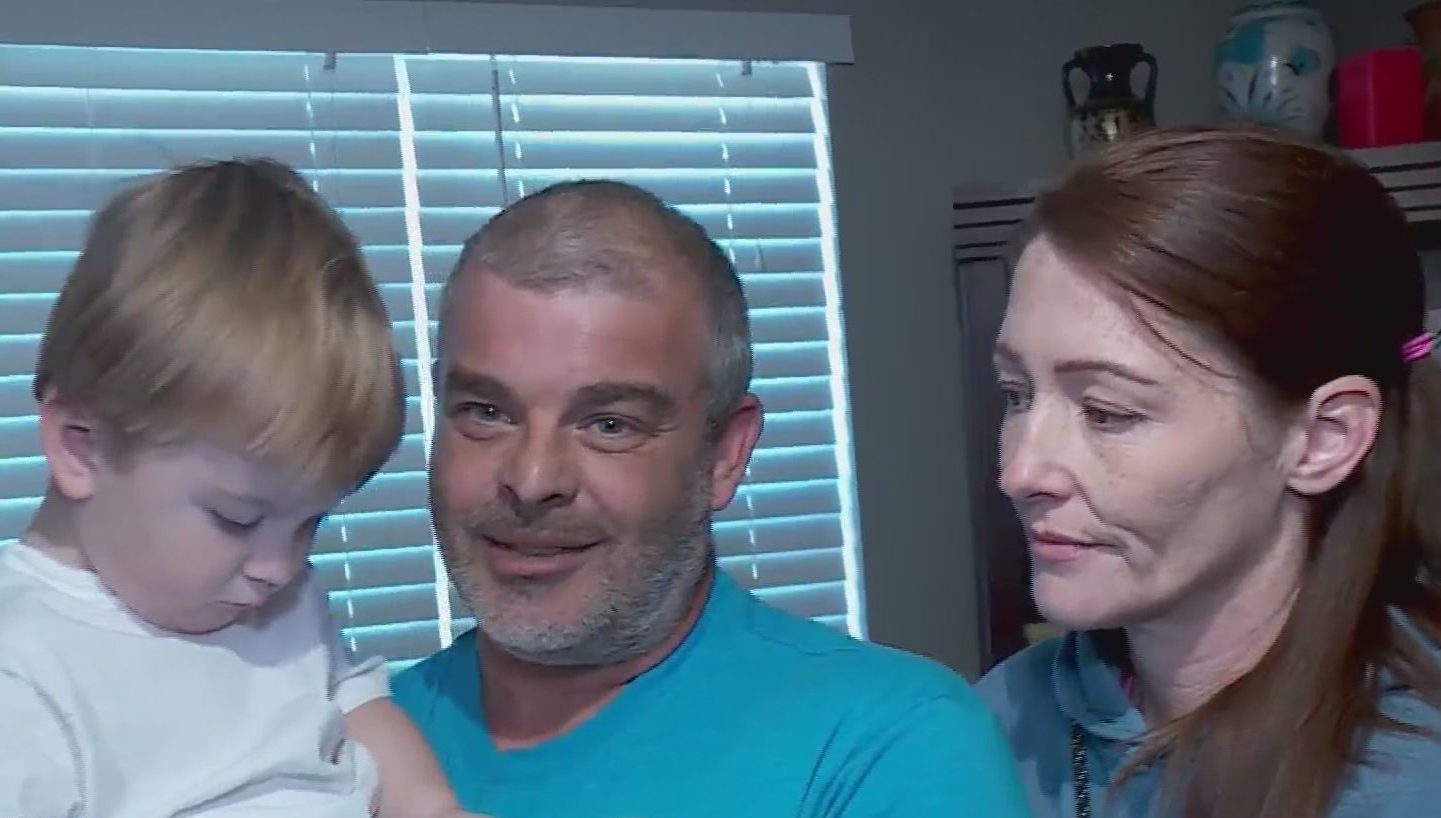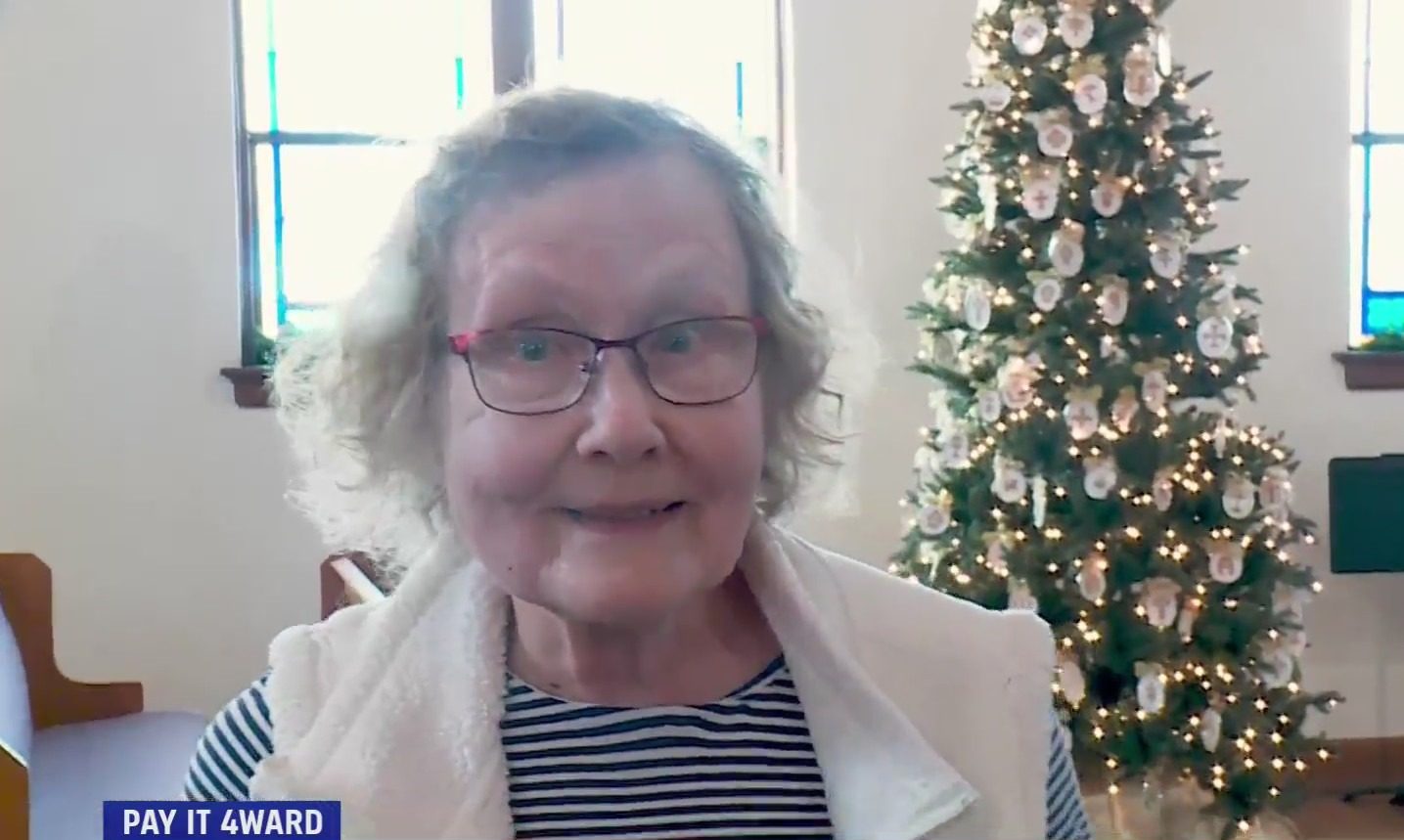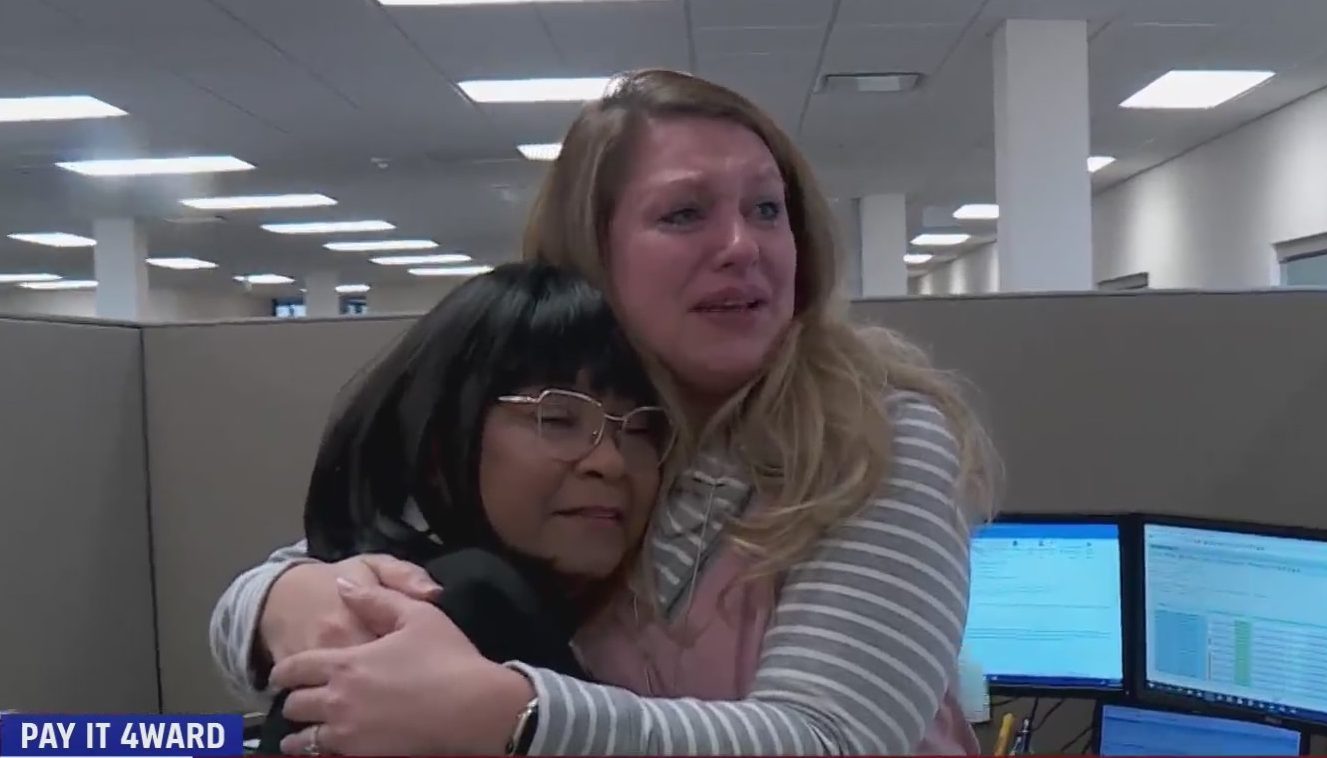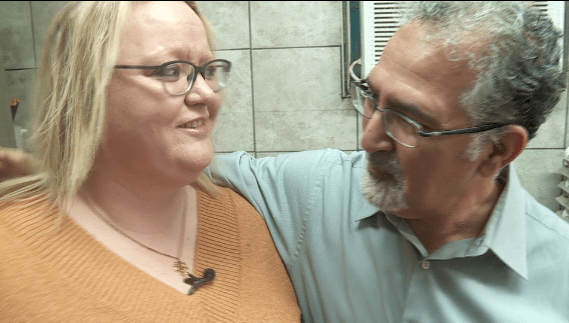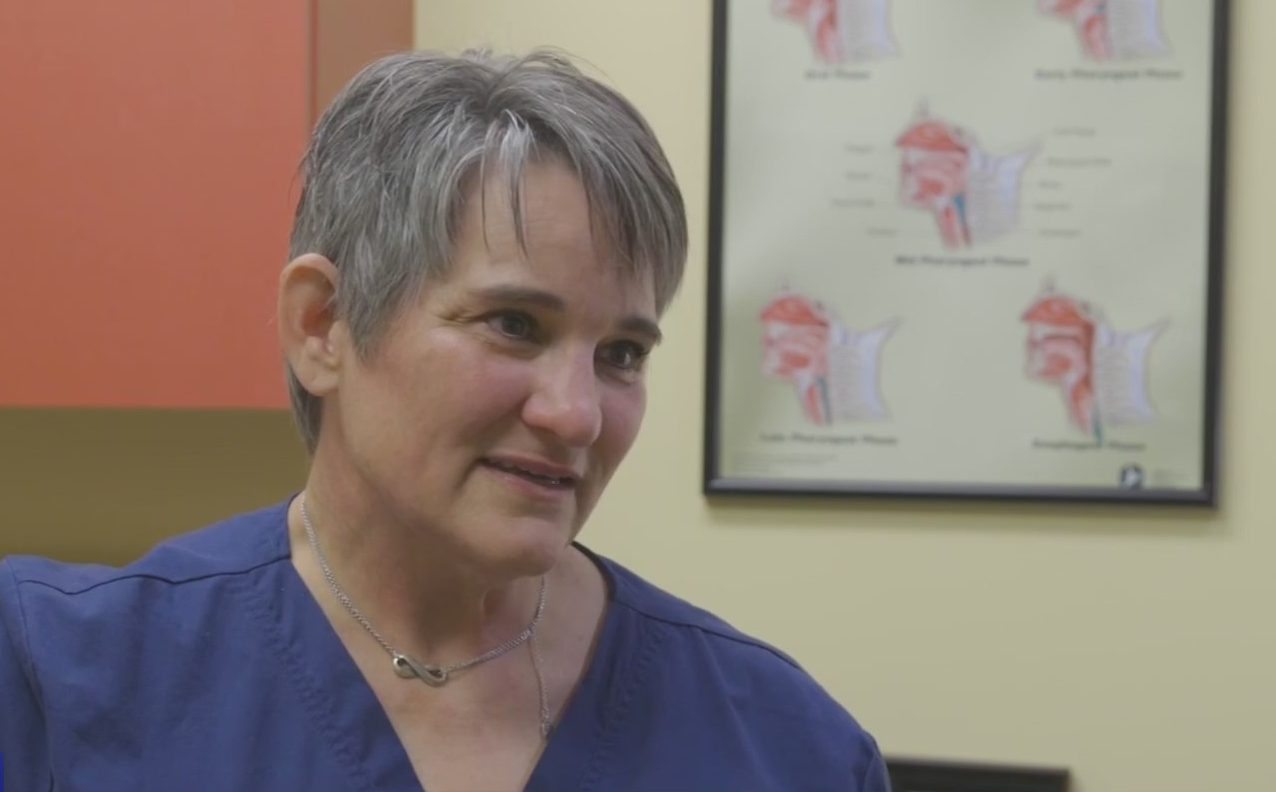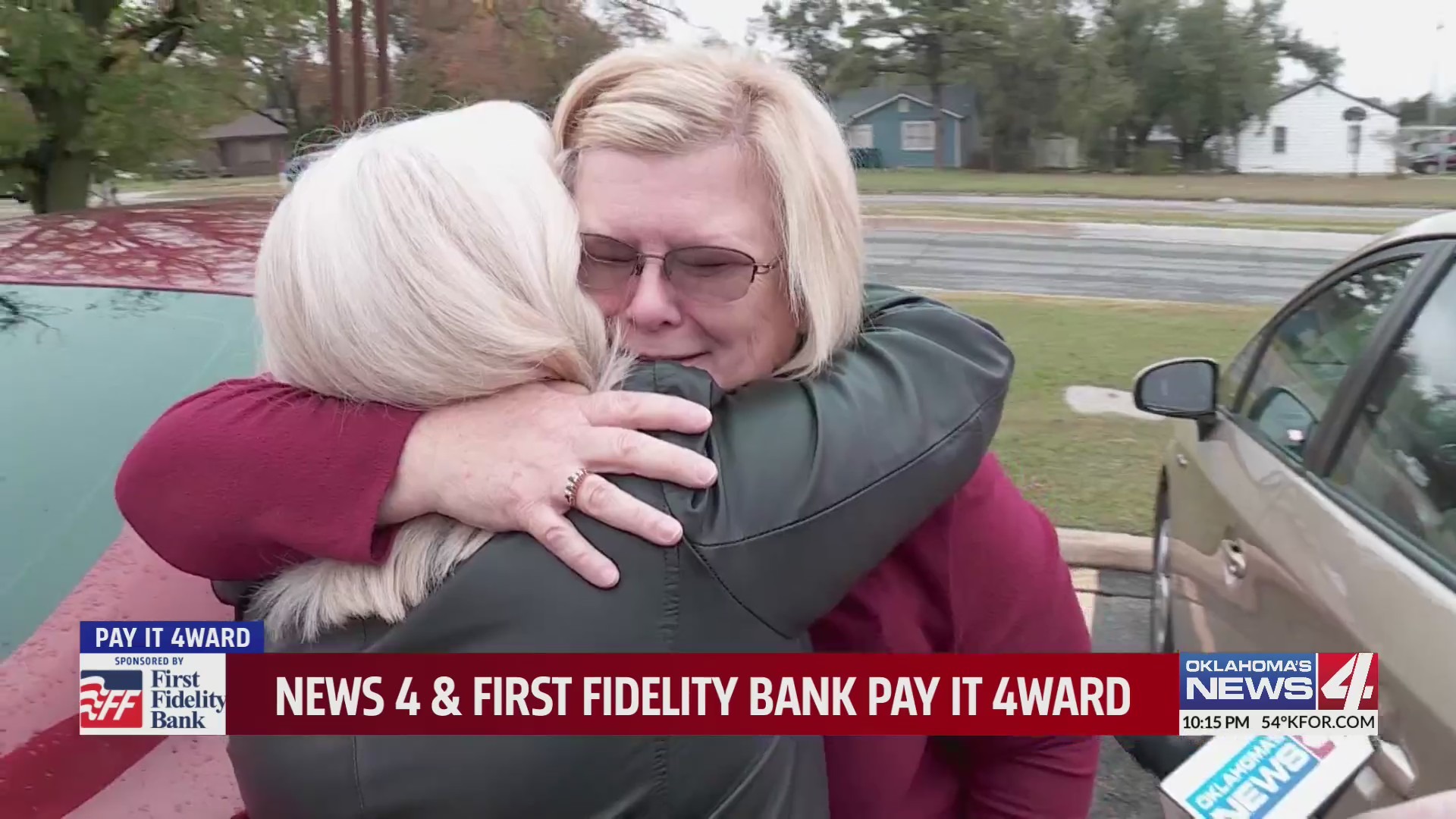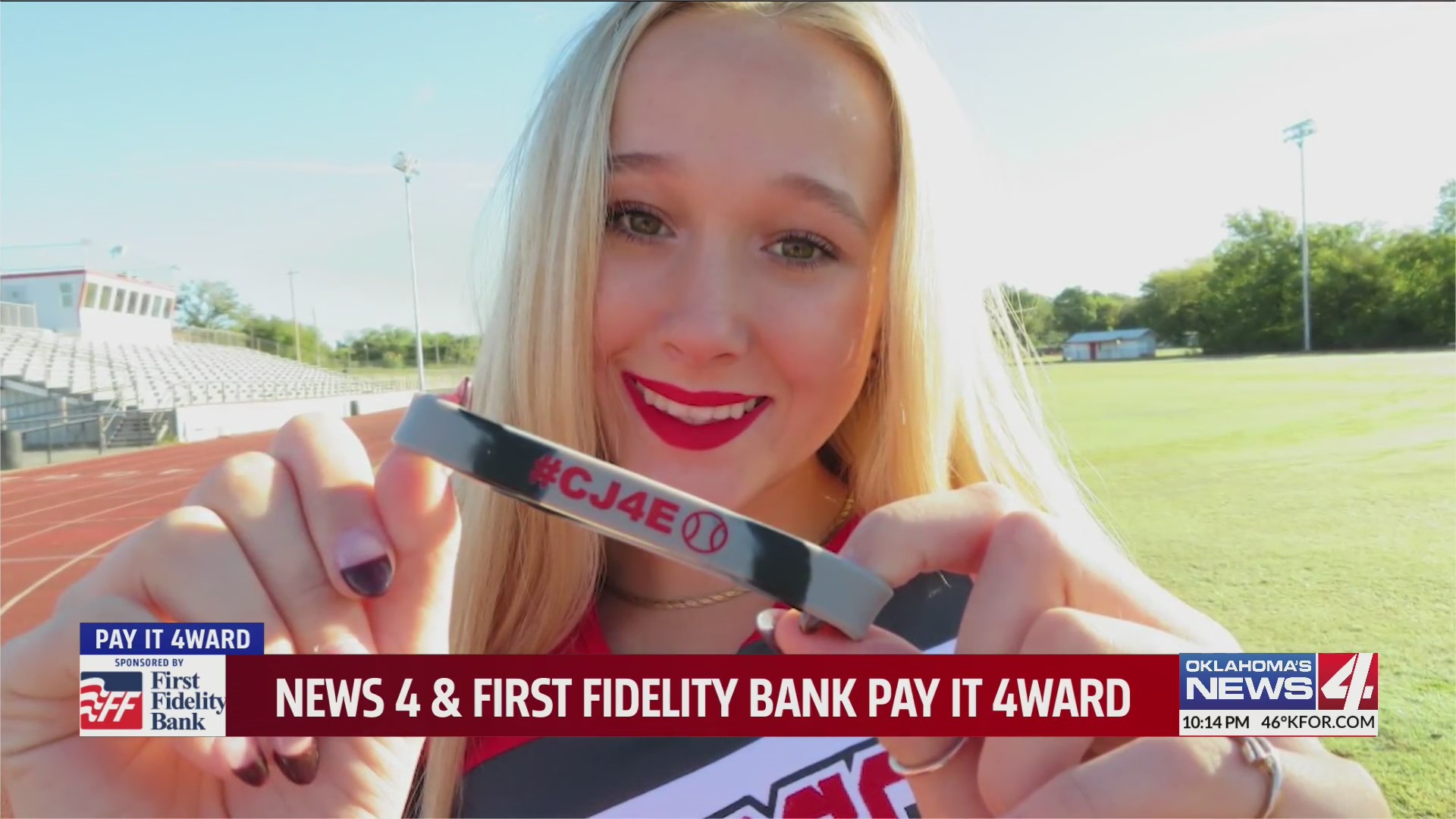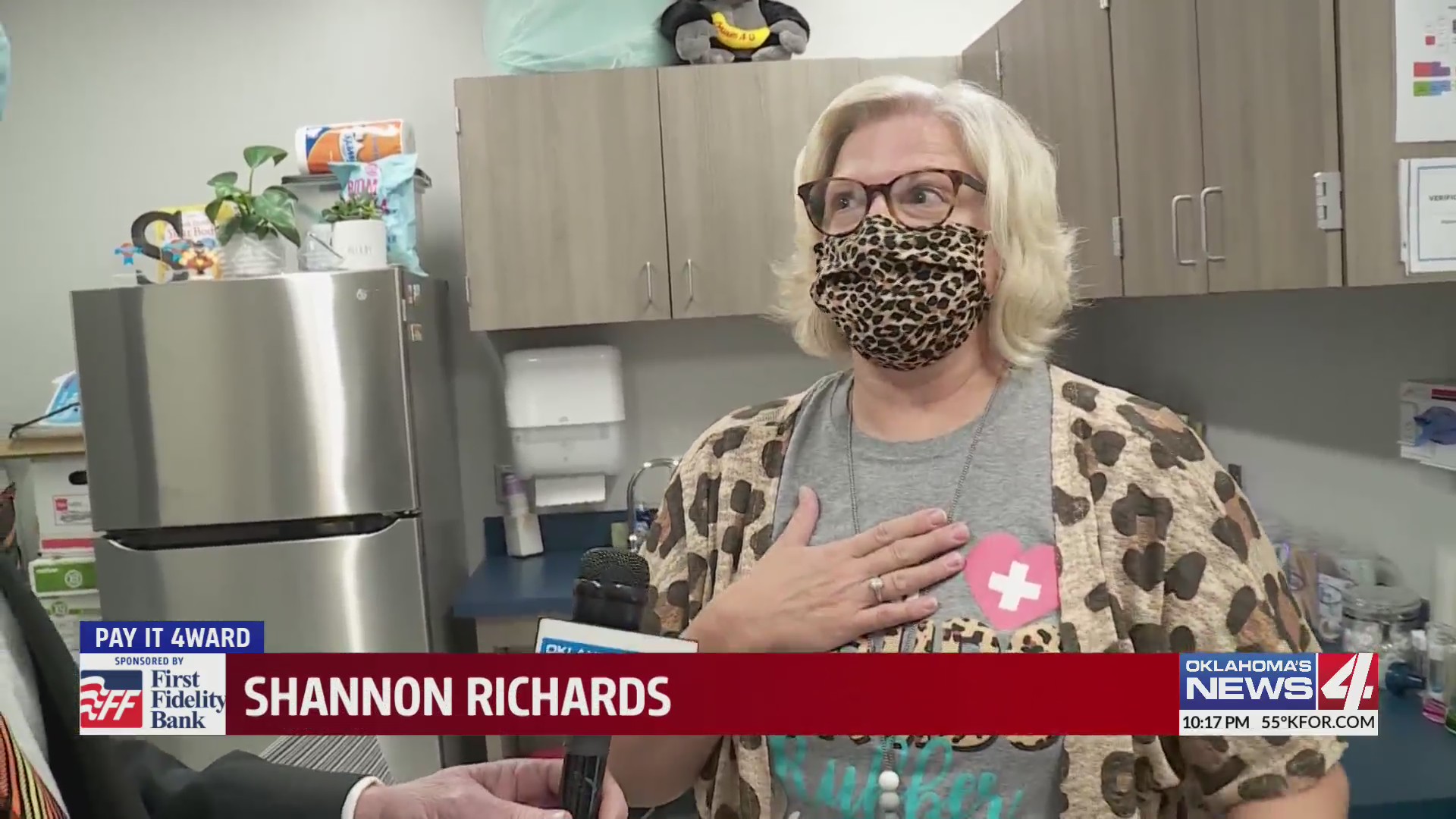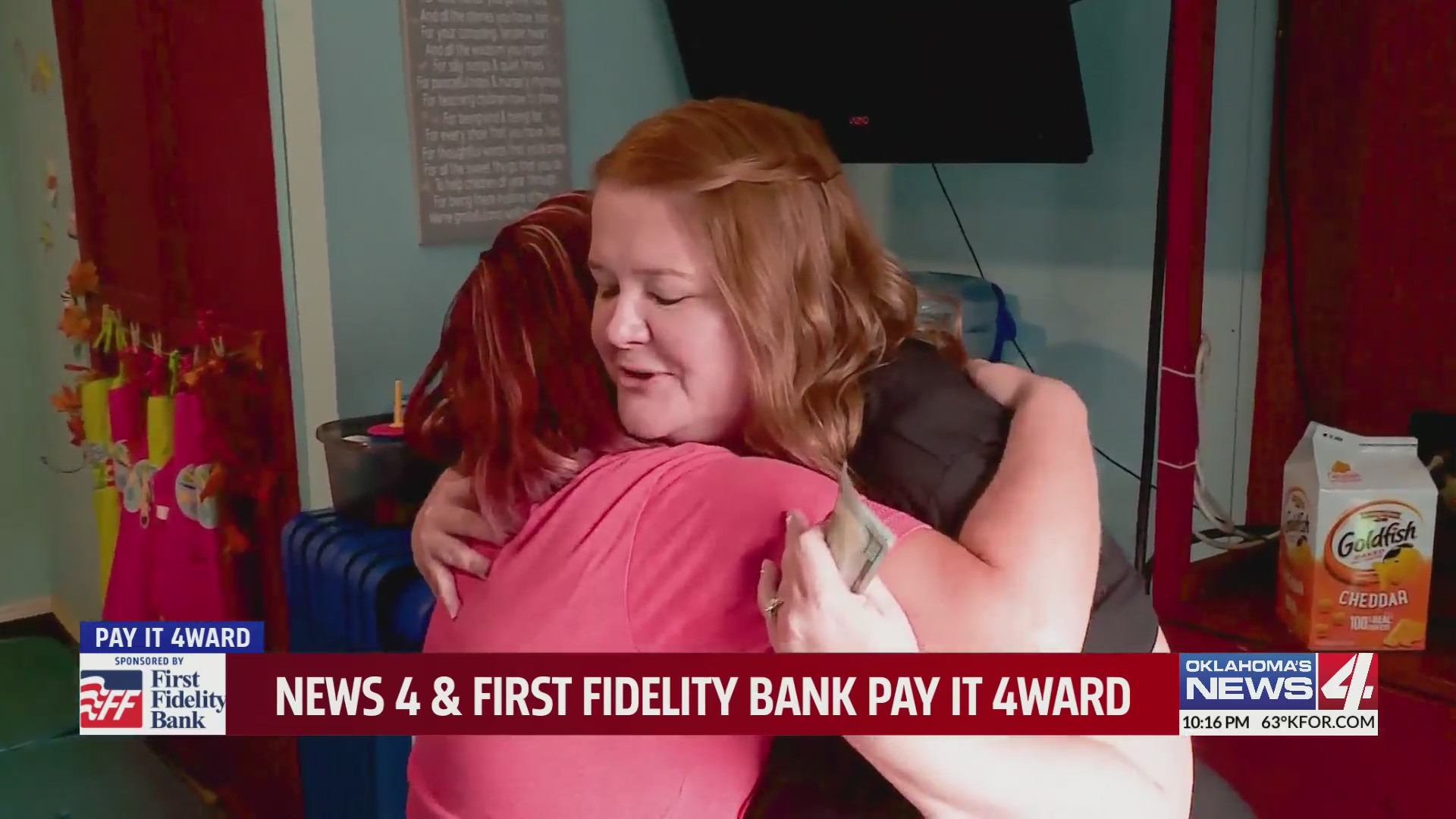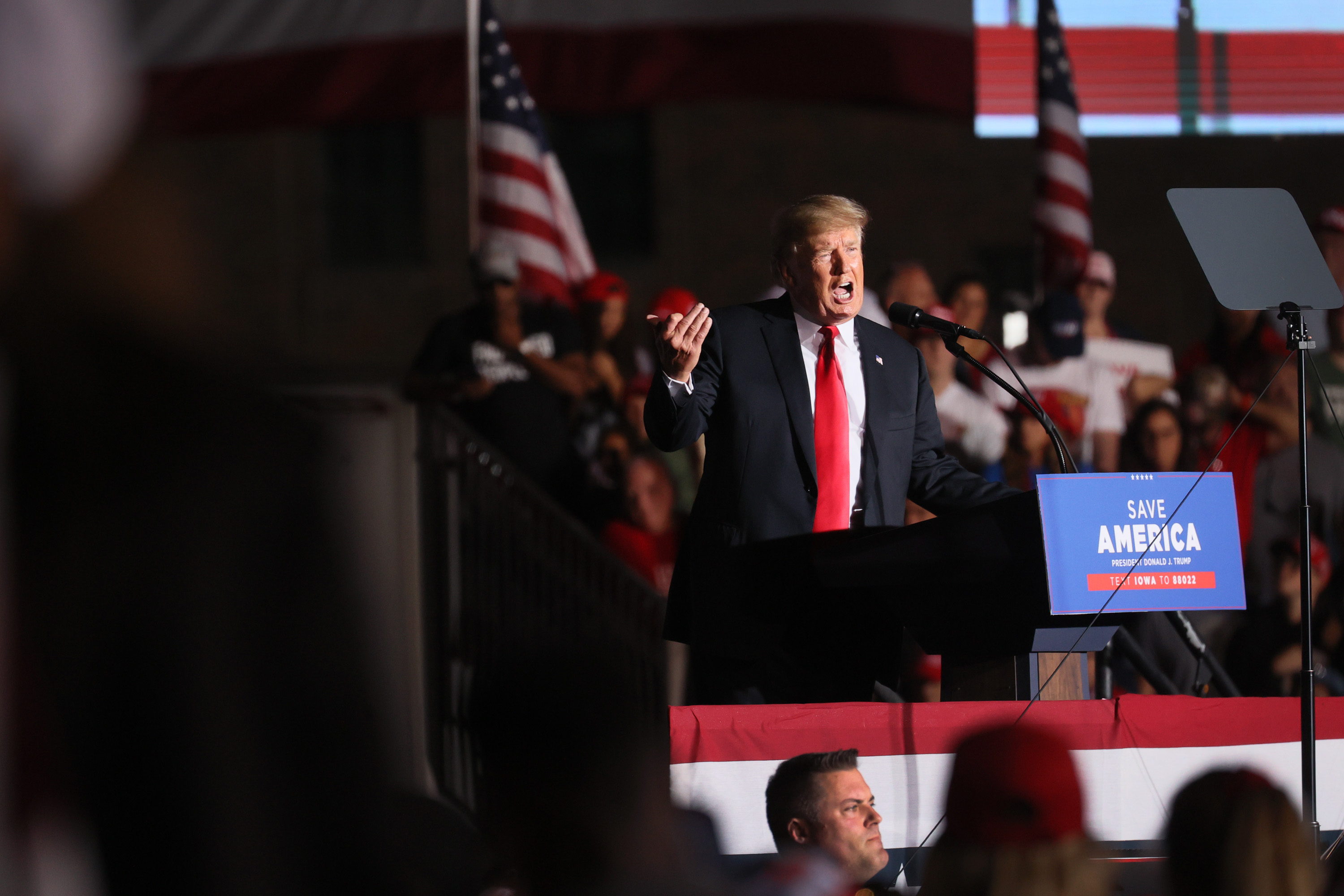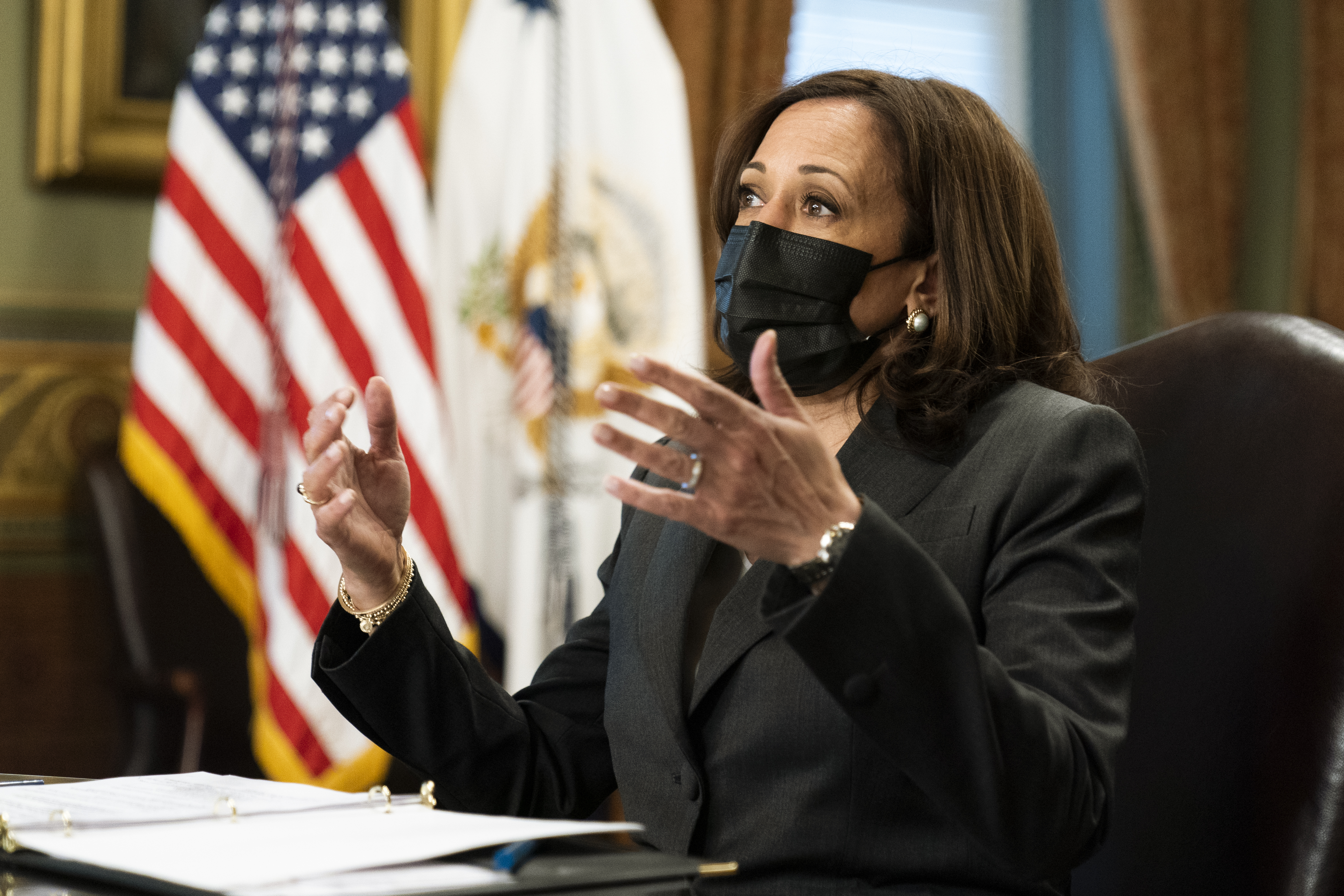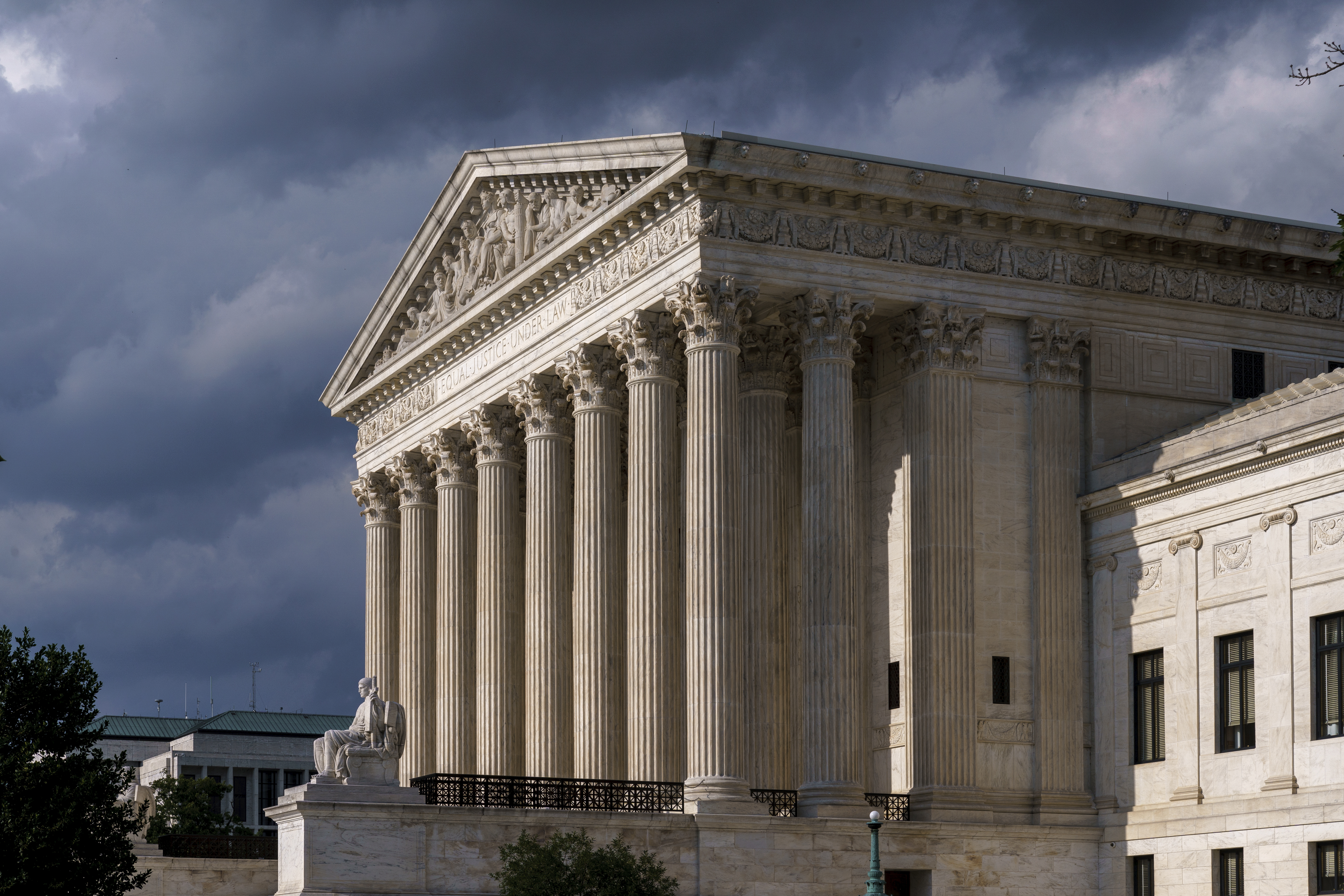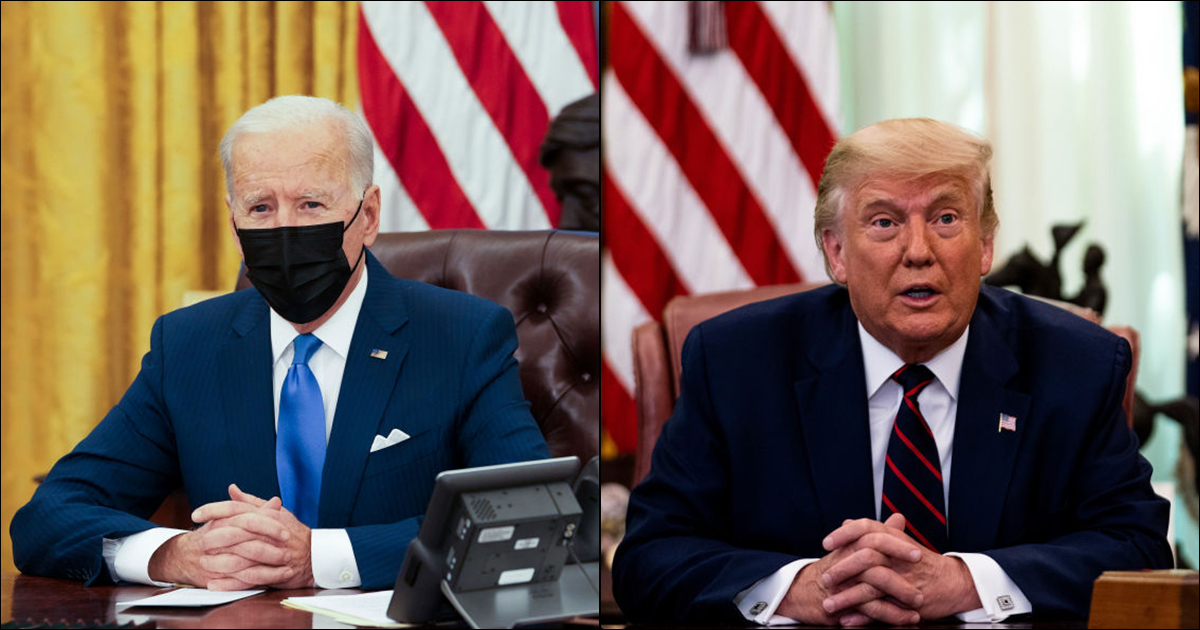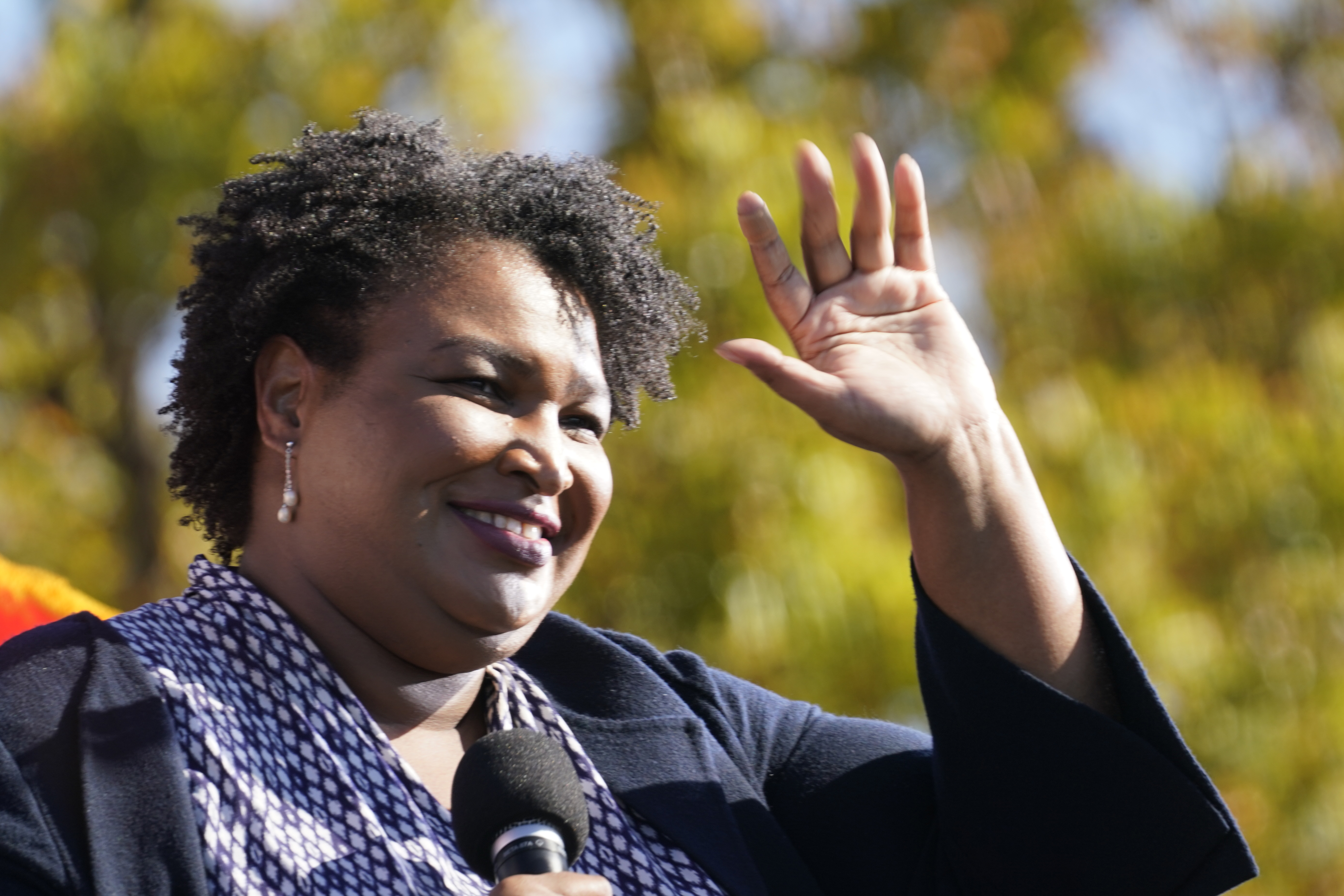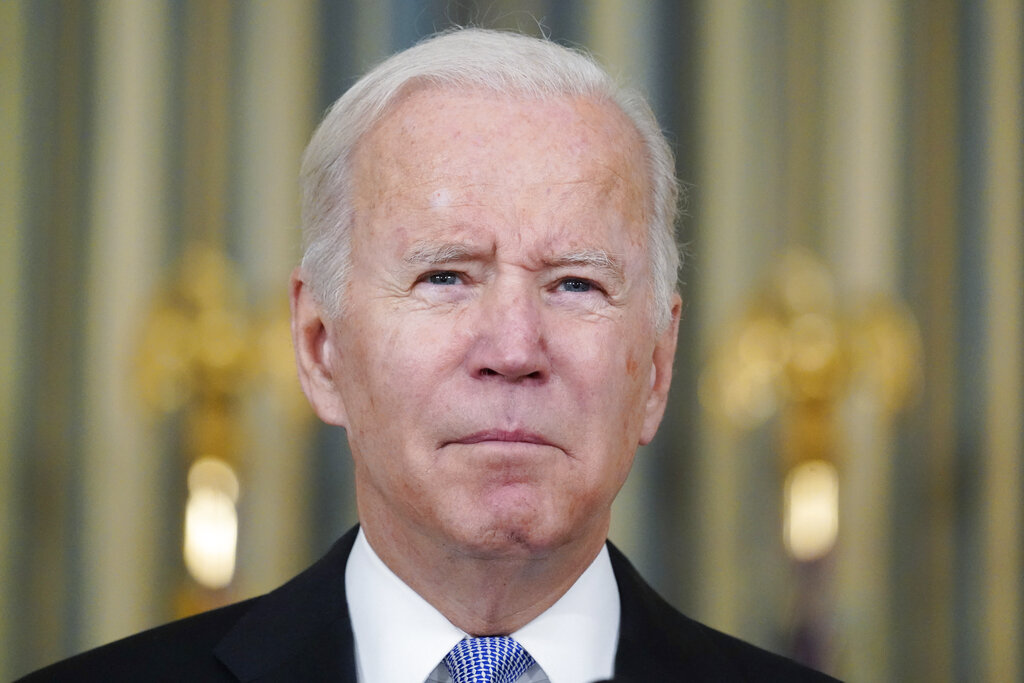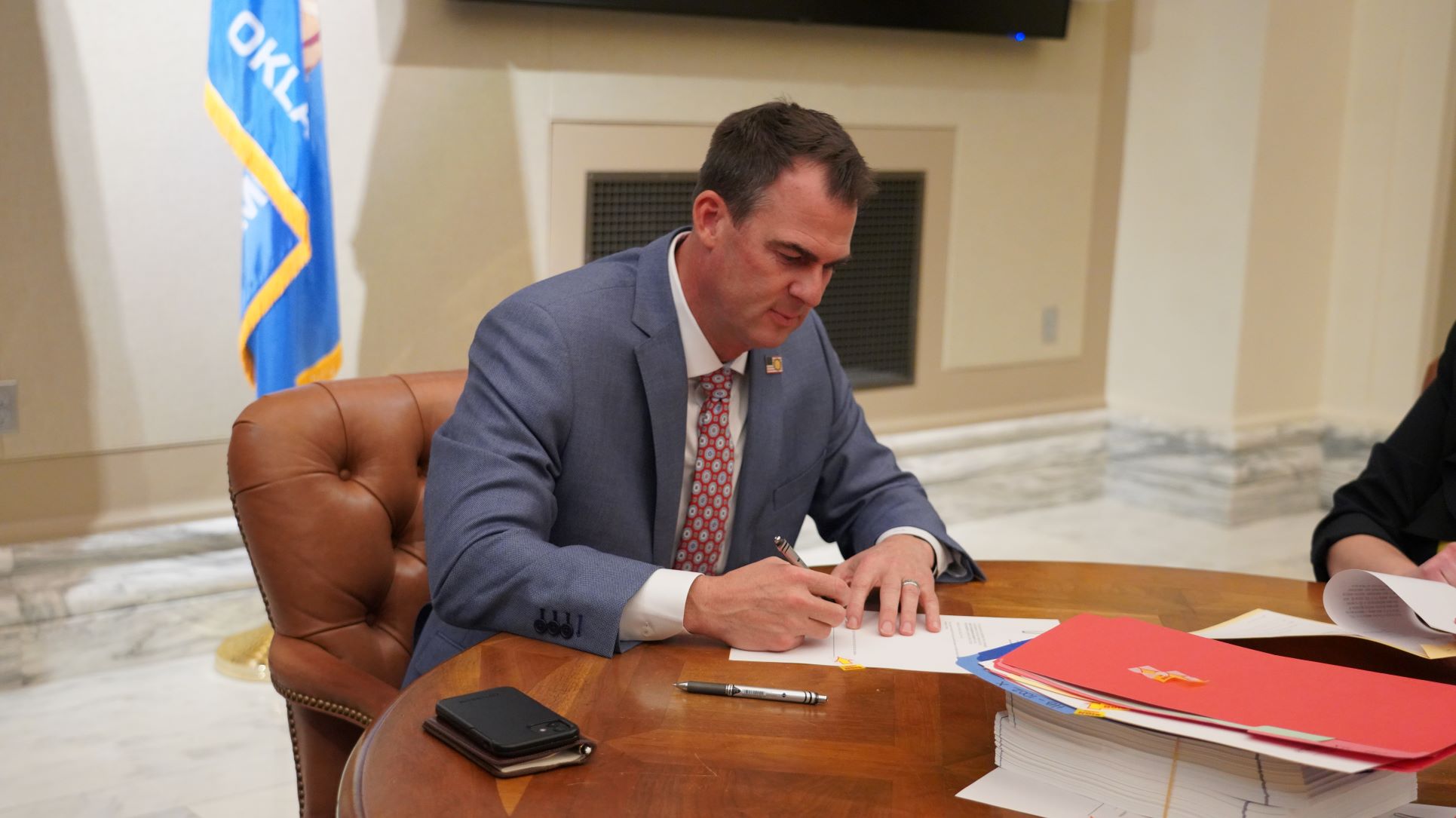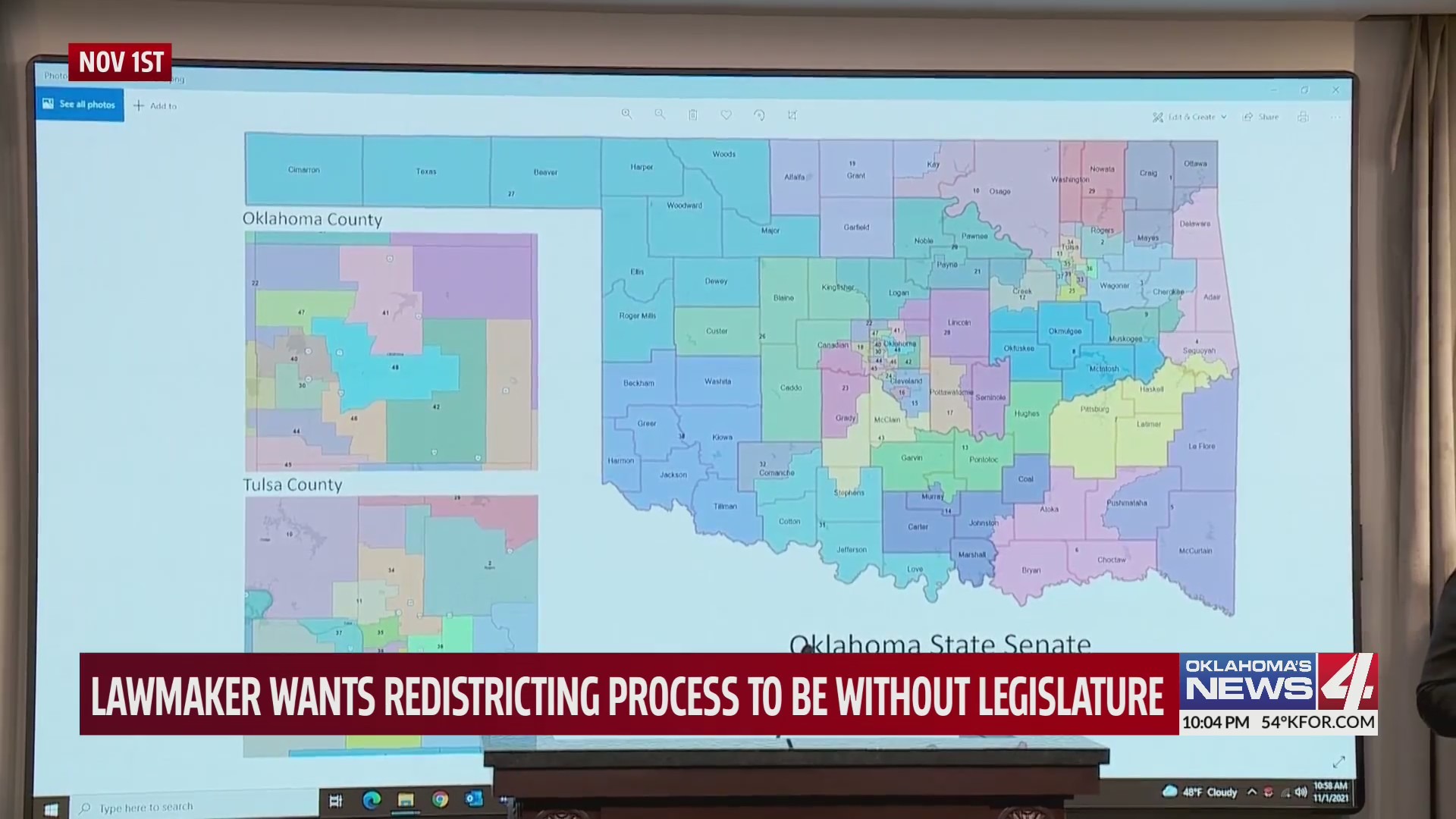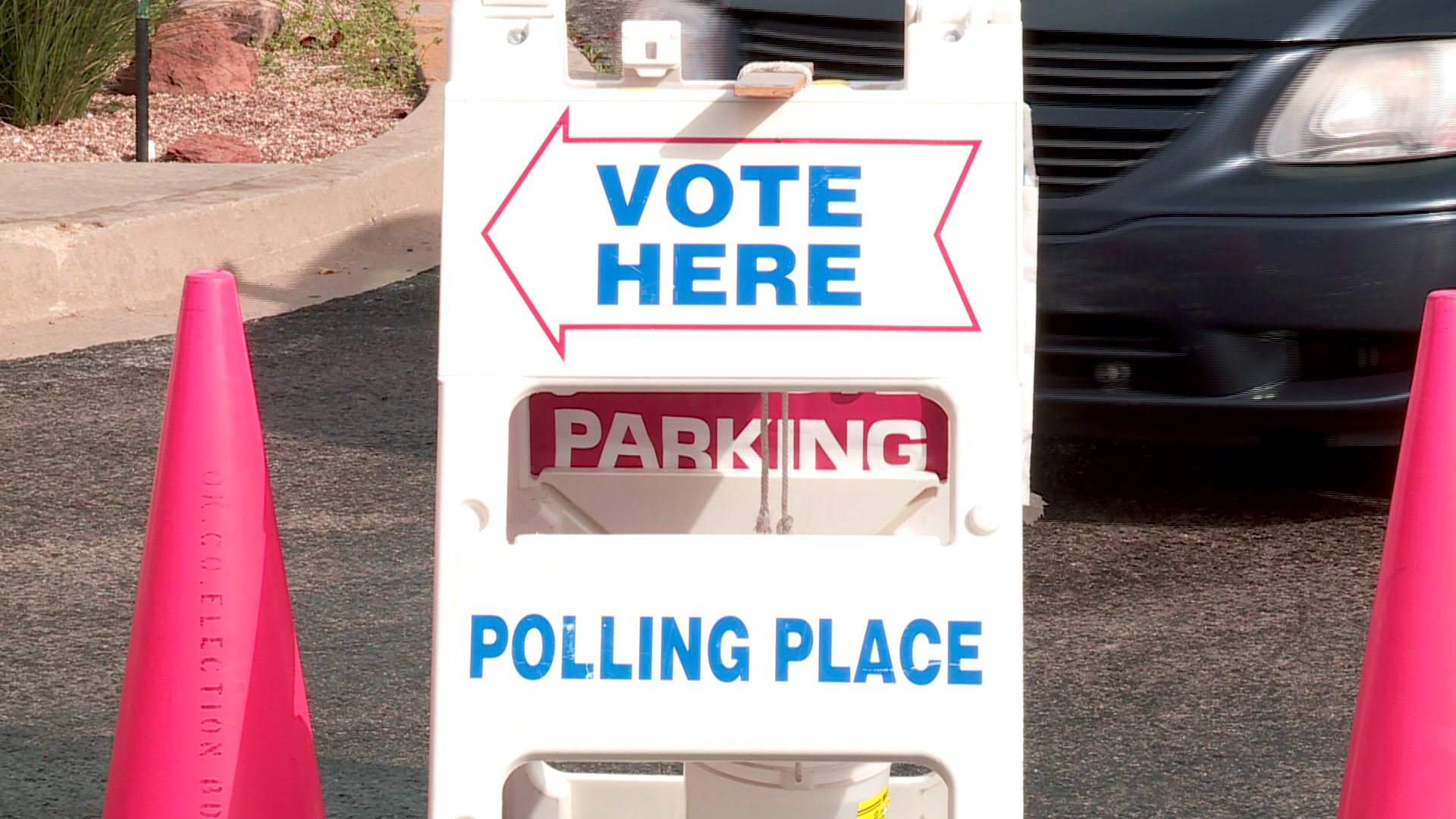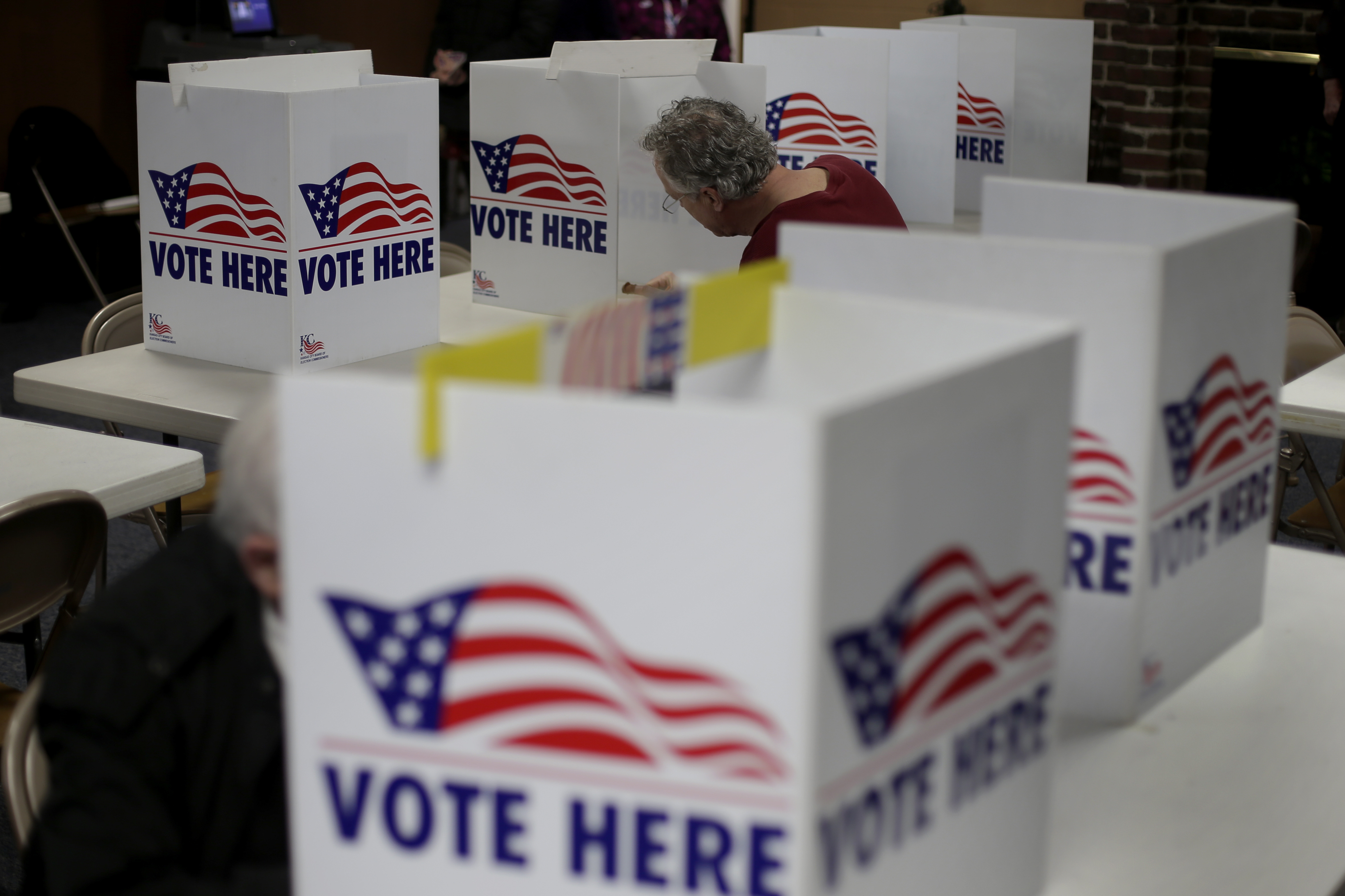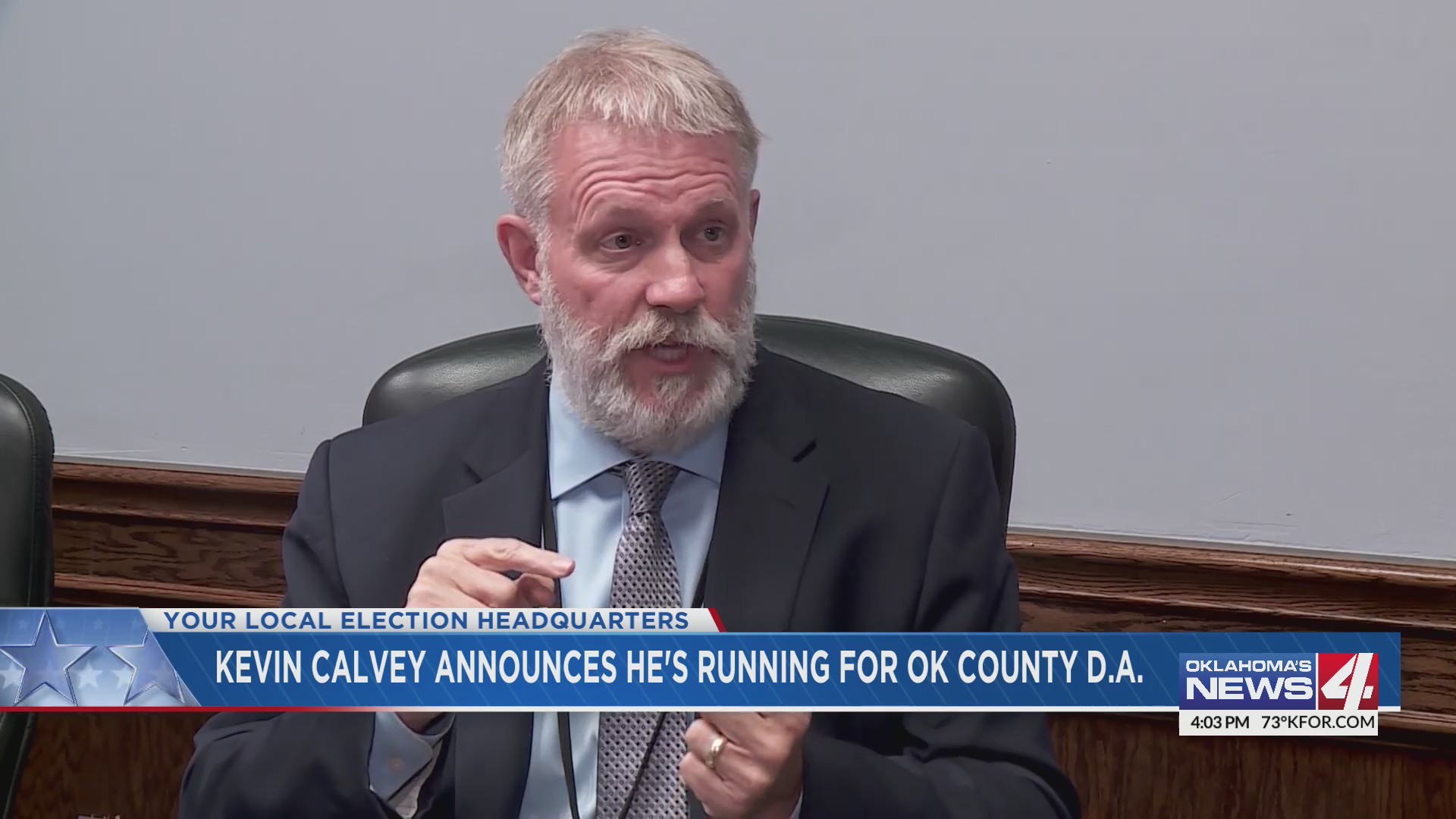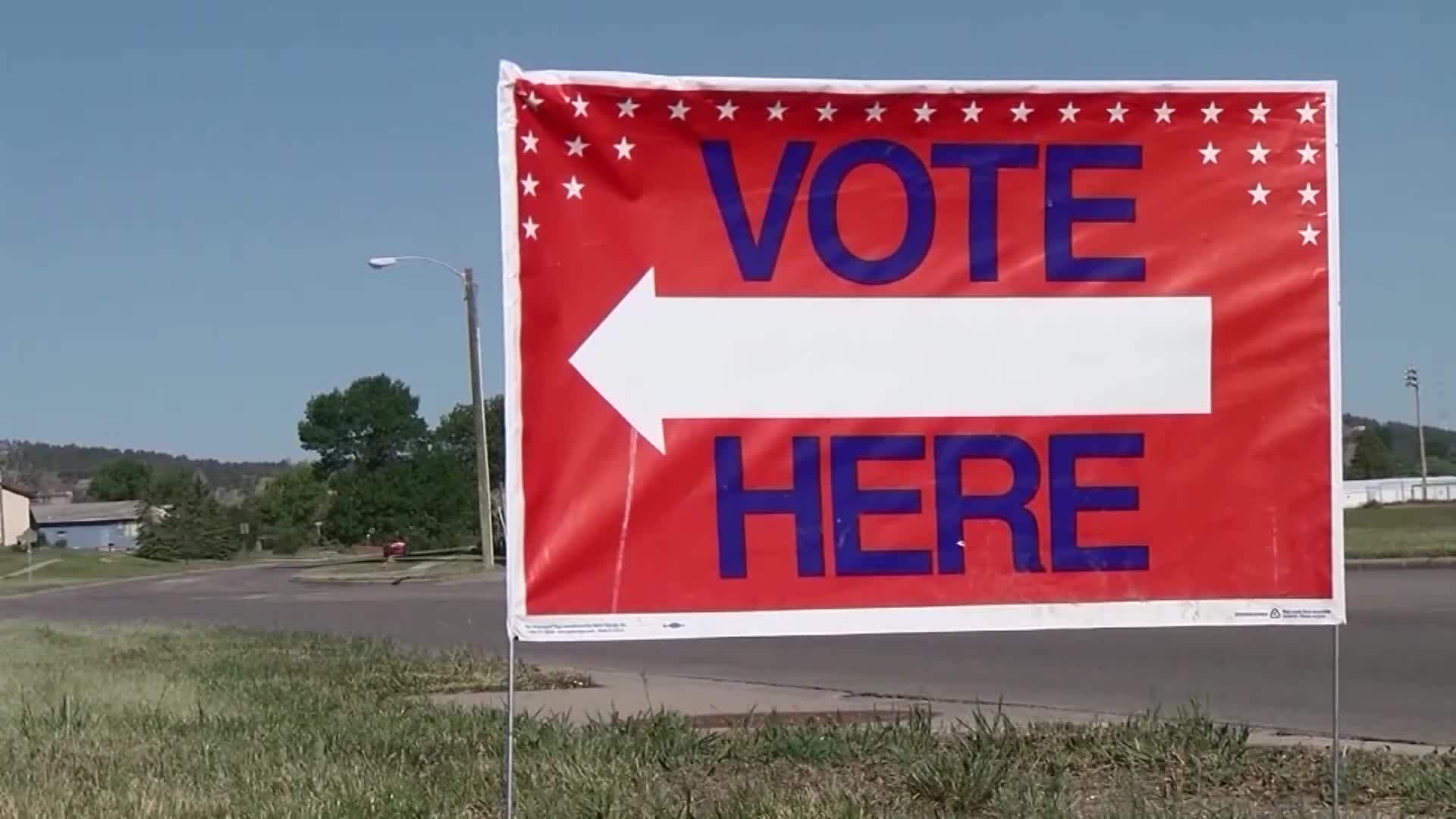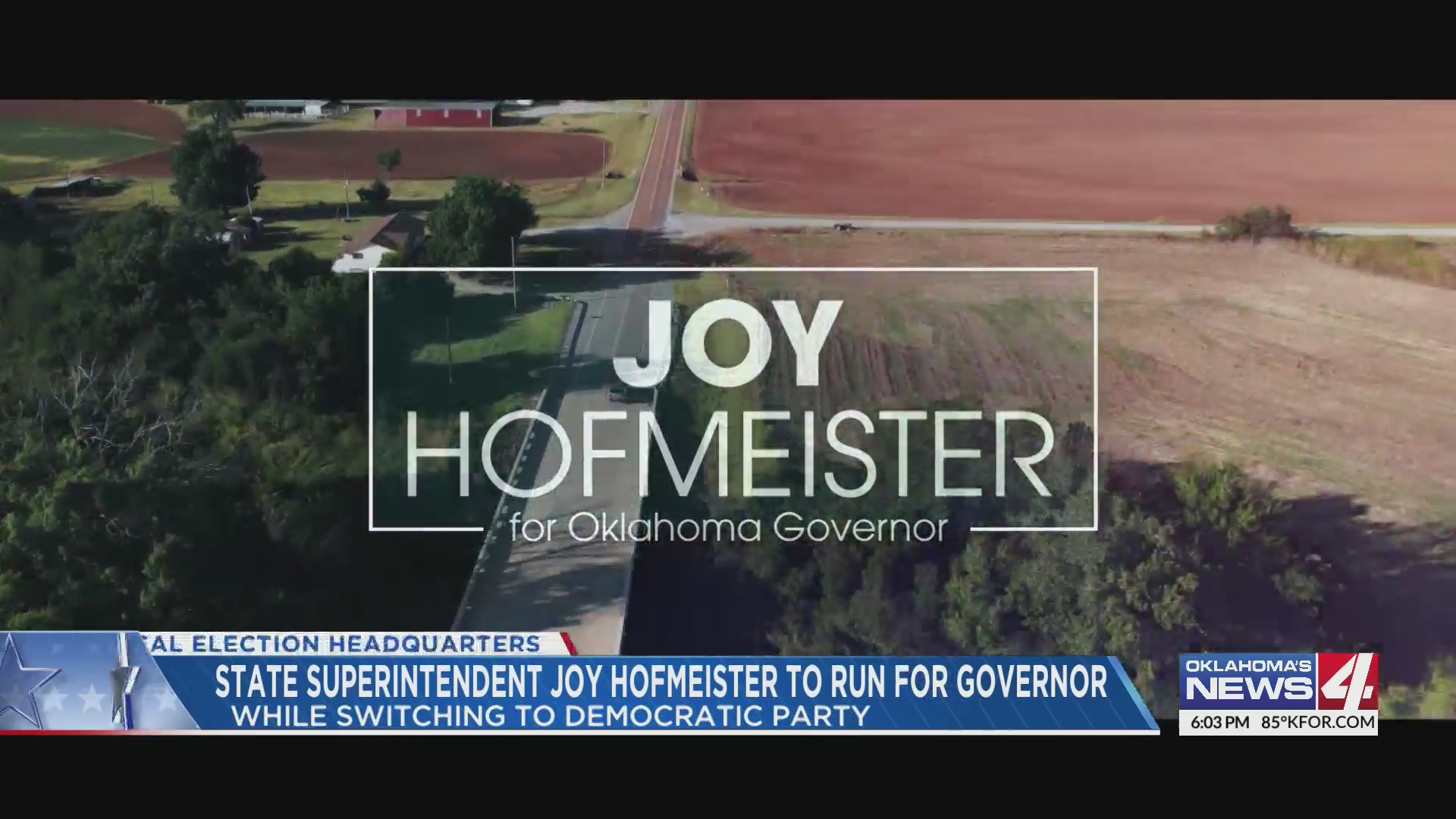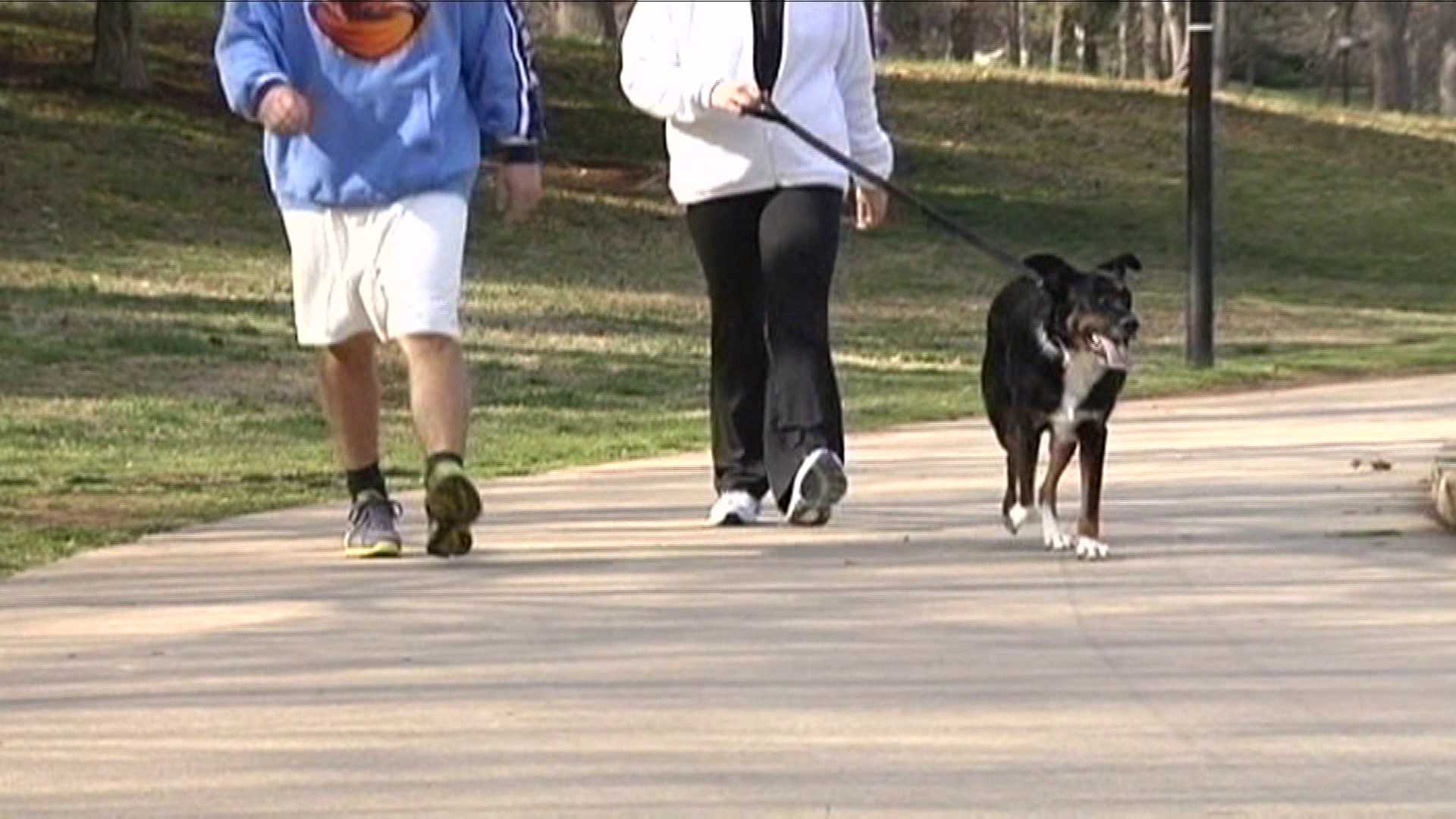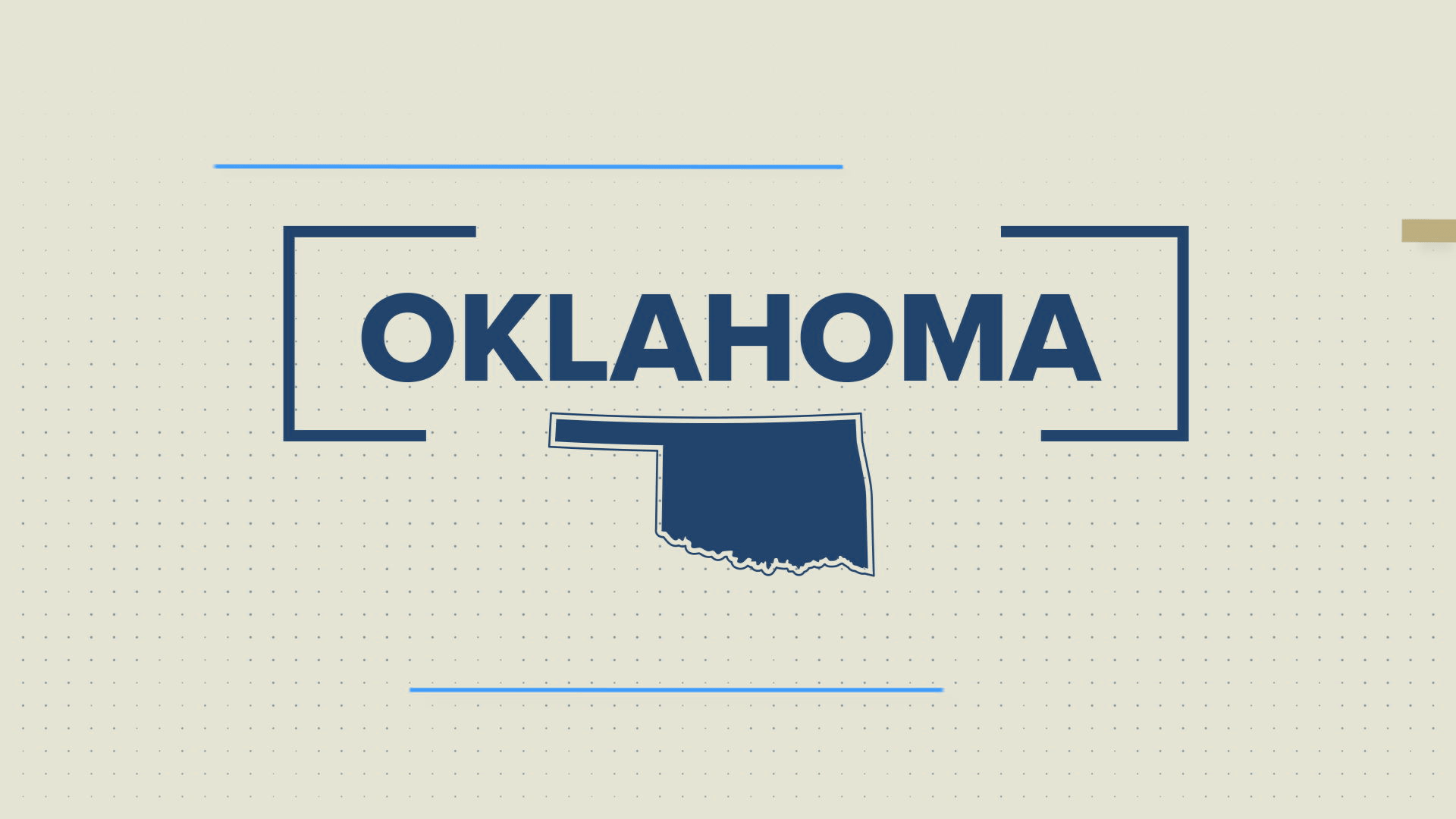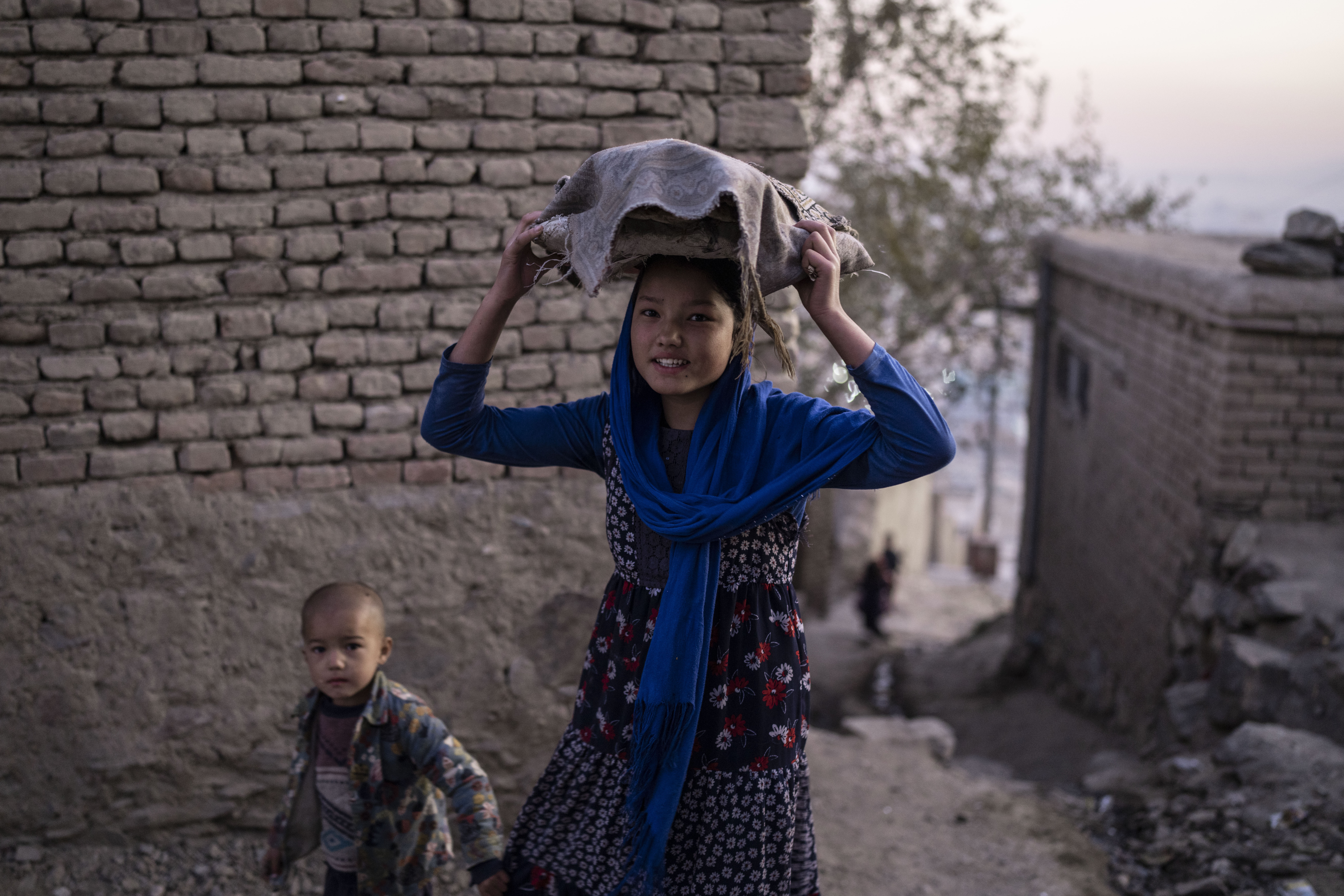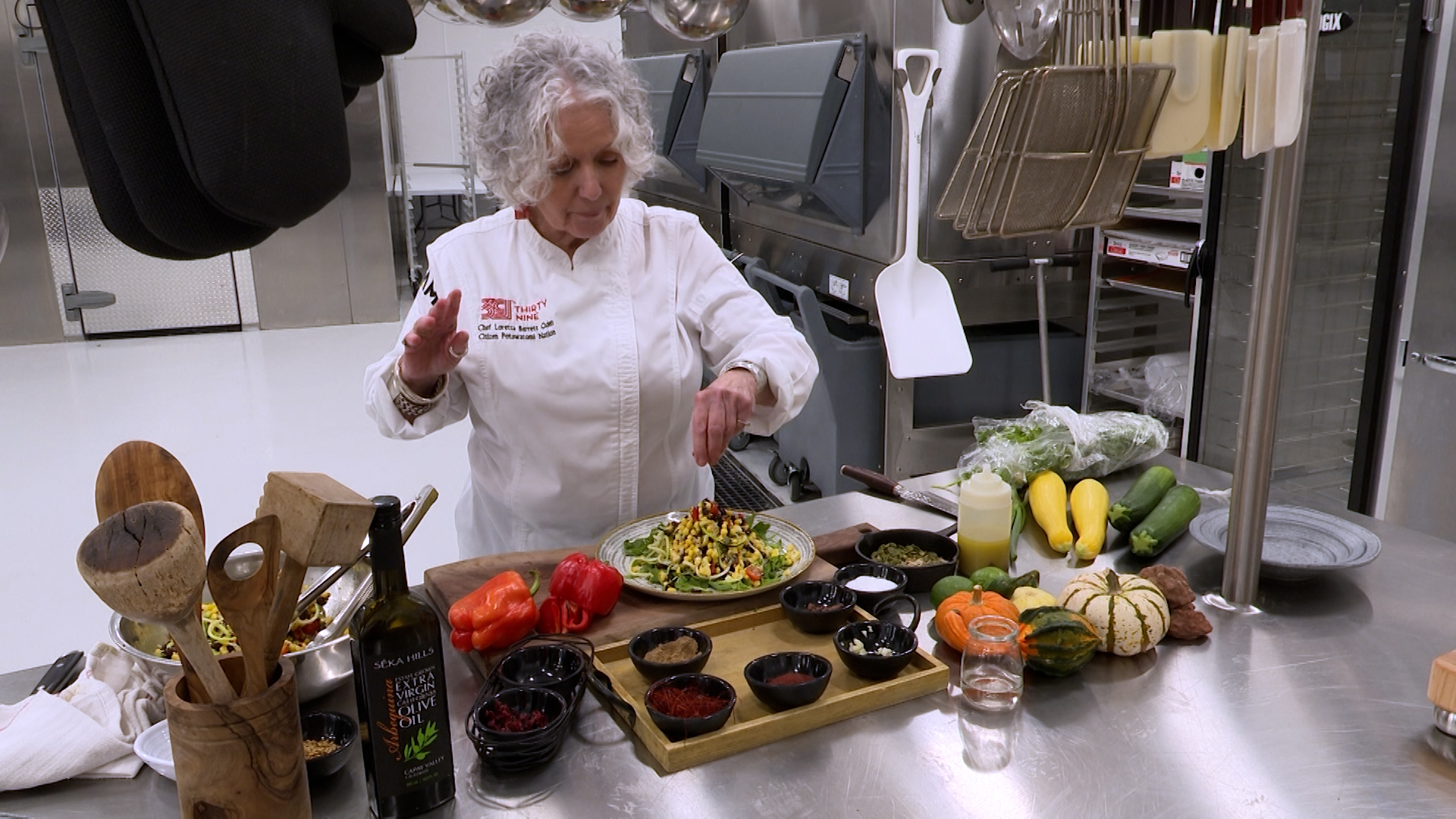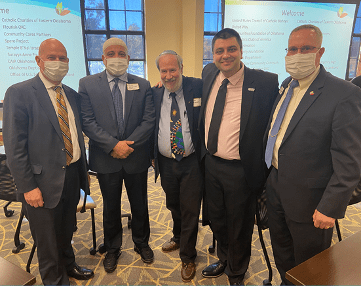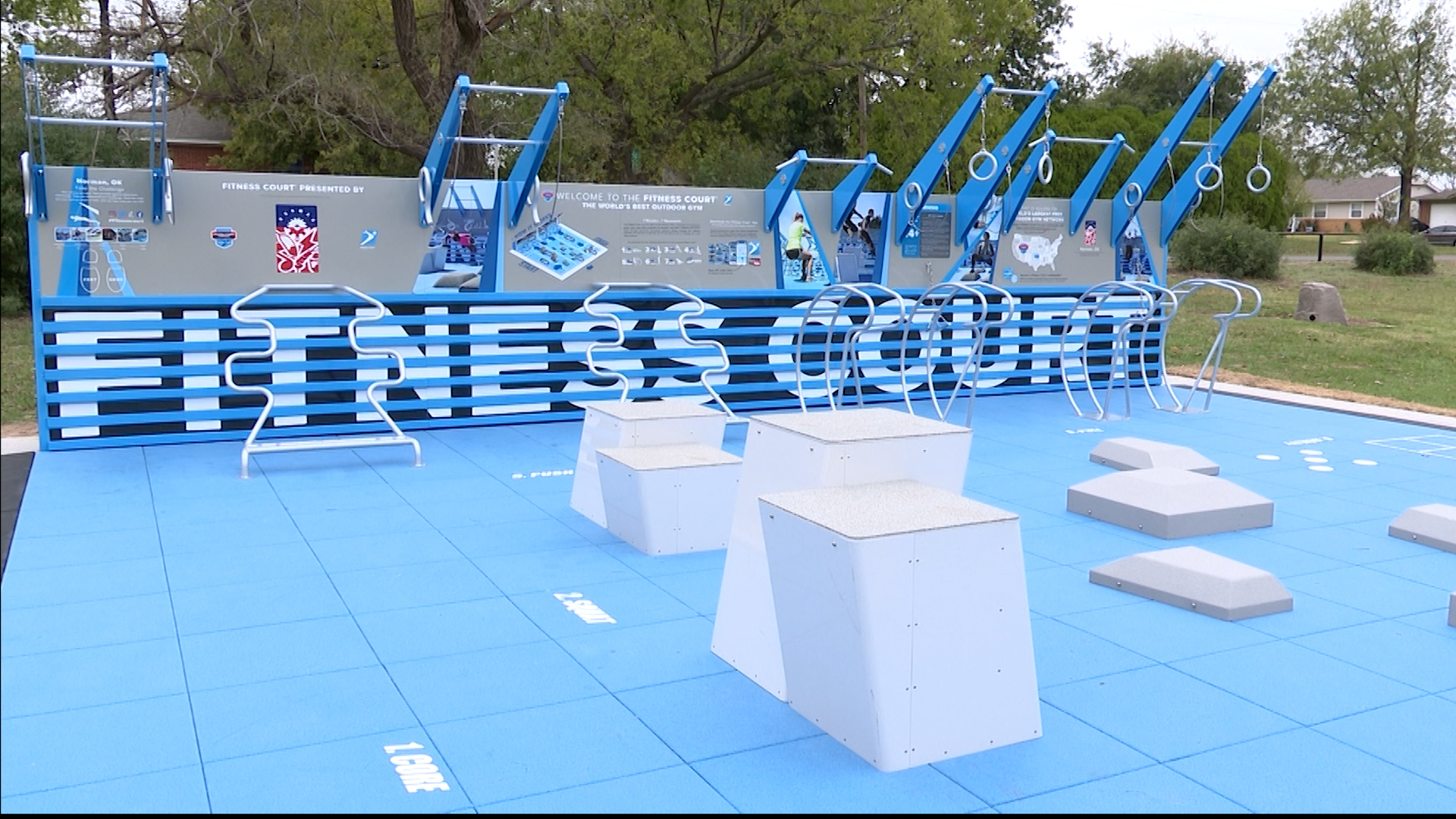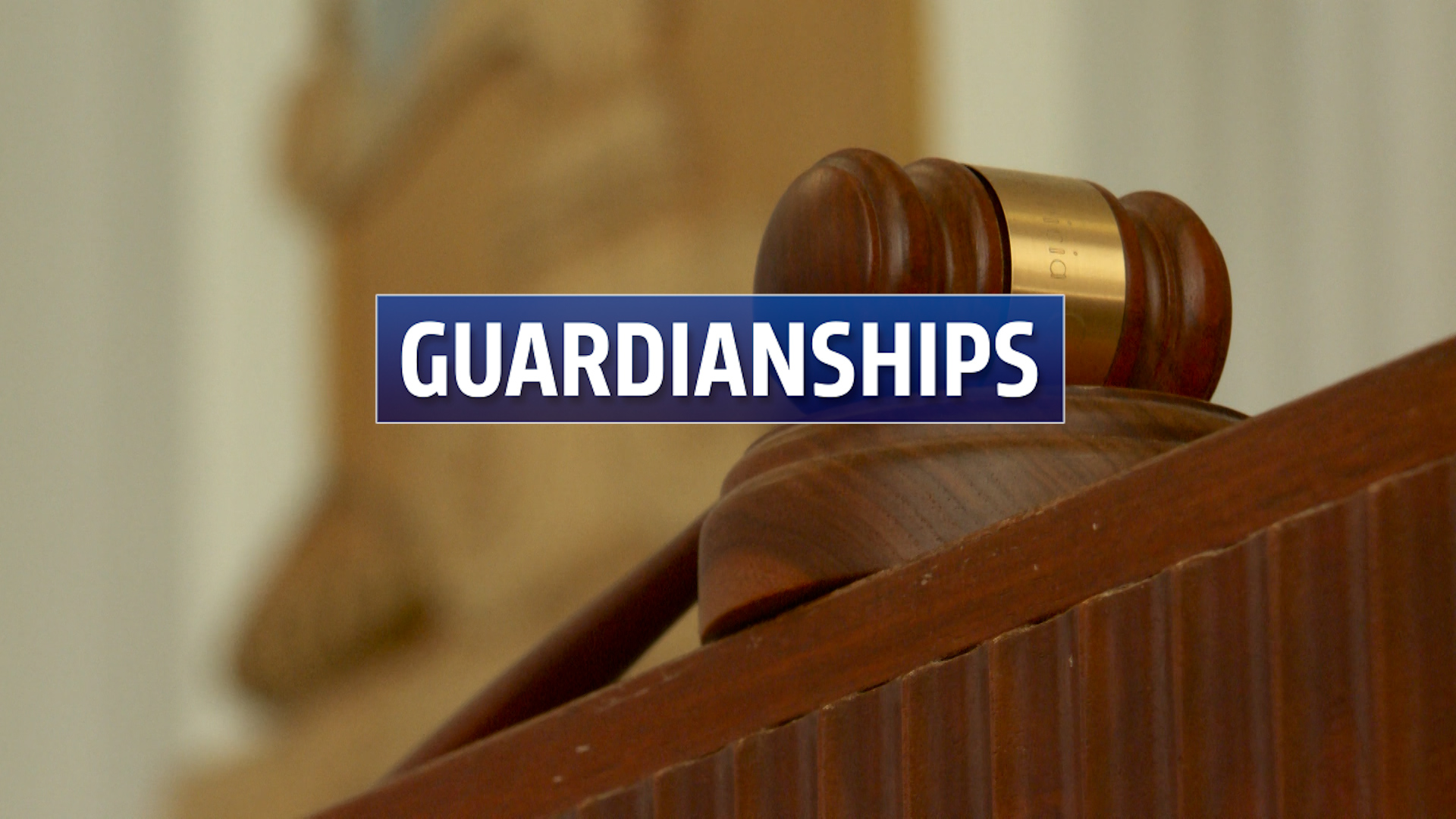OKLAHOMA CITY (KFOR) – Oklahoma’s newest Attorney General, John O’Connor filed a petition with the U.S. Supreme Court Friday, Aug. 6, asking the court to overturn the 2020 McGirt ruling, and narrow any application of the decision.
The petition also asks the court to affirm the state’s authority to prosecute non-Native Americans who commit crimes against Native Americans in the former Muscogee (Creek) reservation and allow the state to continue to imprison violent felons convicted before the McGirt ruling.
Attorney General O’Connor said the McGirt decision is “recklessly overbroad” and has thrown Oklahomans into danger of having no law enforcement respond to a call for help.
Jimcy McGirt, the defendant at the center of the Supreme Court case, was convicted in 1997 for raping and sexually abusing a four year old. He was sentenced to two 500-year sentences.
That conviction ultimately led to last year’s U.S. Supreme Court ruling that Oklahoma prosecutors lack authority to pursue criminal cases against American Indian defendants in parts of Eastern Oklahoma that include most of Tulsa, the state’s second-largest city.
The high court decided that the Muscogee (Creek) reservation was never disestablished. The ruling’s impact on Oklahoma’s criminal justice system has been enormous.
“For anybody that has an Indian card, a CDIB card, a certified degree of Indian blood, if they are within the Creek Nation, the state of Oklahoma had no jurisdiction over them,” Native American law attorney Robert Gifford previously said to KFOR.
The ruling led to several convictions being undone, including murder convictions.
The McGirt ruling has been applied to each tribe’s respective territory over the past year.
“It’s never too late to do the right thing, and the Supreme Court did,” Muscogee Nation Principal Chief David Hill said. “We are still here. We will fight to protect our sovereignty.”
Now, the state’s petition to the Supreme Court is centered on the conviction of Shaun Bosse.
His case was dismissed after the defense argued the state did not have jurisdiction to convict him since the victims were Native American and the crime occurred on Chickasaw lands.
In May, the U.S. Supreme Court agreed to keep Bosse on Oklahoma’s death row while they considered reviewing the questions about Oklahoma’s criminal jurisdiction.
“Victims of atrocious crimes are being revictimized by going through the legal process a second time, and, in some instances, seeing their loved one’s killer set free because federal prosecutors cannot file the claims against the released convicts,” Attorney General O’Connor said. “Some theories sound good in concept but don’t work in the real world. The U.S. Supreme Court got this decision wrong and we are respectfully asking the Court to overturn its decision or to limit it to certain federal crimes. The most effective way to right this terrible wrong is for the court to overturn the McGirt decision. Without action, the negative consequences will damage Oklahomans for years to come.”
The state’s petition to the Supreme Court is asking Bosse’s case be overruled.
“The tribes do not agree among themselves, much less with the State, on the proper path forward and Congress is unlikely to adopt any proposal not supported by all of the parties involved,” the petition reads. “Only the Court can remedy the problems it has created, and this case provides it with an opportunity to do so before the damage becomes irreversible.”
At a recent inter-tribal council meeting, the affected tribes say they are working to expand and strengthen their respective criminal justice system, while renewing partnerships with federal, state and local law enforcement agencies.
“The sky is not falling. There’s not a person who has been released that has not gone through our court system or who has not been prosecuted for the crime that has been done,” Choctaw Nation Chief Gary Batton said. “We are responsible. We are stepping up.”
In a statement Friday, the Cherokee Nation Principal Chief Chuck Hoskin Jr. released the following statement:
“The United States government promised us, through treaty, a reservation and the authority to govern our citizens. It has been over a year since the Supreme Court’s McGirt decision reaffirmed that promise, during which tribes have worked closely with local, state and federal agencies to cooperate on supporting victims and keeping Oklahomans safe. After over a century of the state of Oklahoma illegally acting outside of its jurisdiction, it is not surprising that there are still defendants who must be tried by tribal or federal courts, still victims who must be supported during this transitional time, and other work that must be done to reverse the suppression of our nation’s justice system. But tribes and our partners have proven themselves up to the task.
Chuck Hoskin Jr.
Unfortunately, the governor and the attorney general of Oklahoma have chosen not to join these efforts but to once again seek to undermine cooperation by attempting to overturn the Supreme Court’s ruling. With today’s filing in Bosse v. Oklahoma, they have made clear this was never about protecting victims or stopping crime, but simply advancing an anti-Indian political agenda. The governor has never attempted to cooperate with the tribes to protect all Oklahomans. It is perfectly clear that it has always been his intent to destroy Oklahoma’s reservations and the sovereignty of Oklahoma tribes, no matter what the cost might be.
We look forward to the Supreme Court again affirming the law and our reservations, and hope the governor and attorney general can put aside their political posturing to do what is right for all the people of Oklahoma.”
Chickasaw Nation Senior Counsel Stephen Greetham says, “We are carefully reviewing Oklahoma’s petition and will address it in due course. In the meantime, our focus remains working with our partners to keep our communities safe.”
“Last year, the Supreme Court ruled the U.S. government must keep the promises it made in treaties, and tribal sovereignty must be respected. These are basic legal principles,” Choctaw Nation Chief Gary Batton said. “While the decision changed how the state and tribes work together on criminal matters, we remain committed to fostering a positive relationship and, most importantly, working with a wide variety of agencies to protect our communities.”
KFOR is proud to be part of The Oklahoma Media Center, launched by Local Media Foundation with financial support from Inasmuch Foundation and the Walton Family Foundation, which is a collaborative of multiple Oklahoma newsrooms/outlets that includes print, broadcast and digital platforms. The OMC’s latest project focuses on the McGirt SCOTUS ruling. This story is part of that effort called Promised Land




















